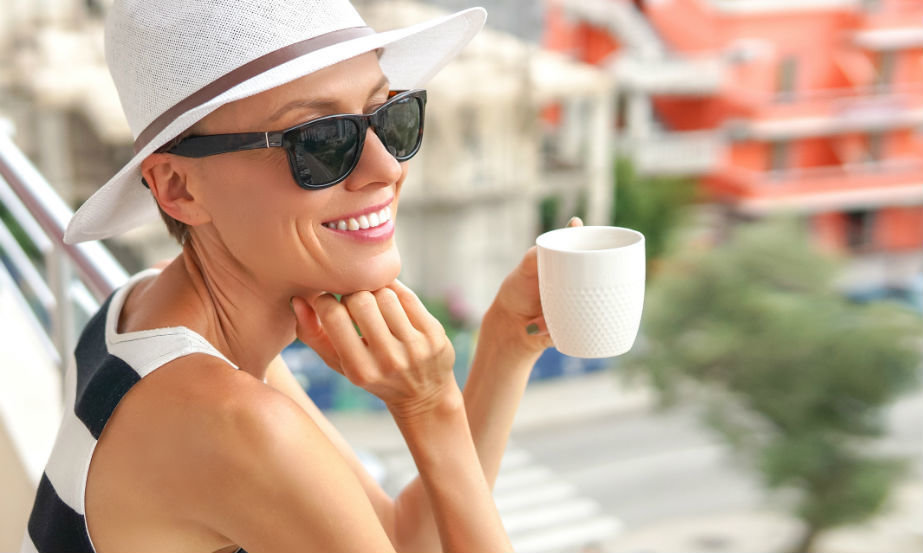
We love to learn celeb secrets for staying fit, but why not learn from one another, too? One of the great things about living during a time when information is at our fingertips, either via our mobile phones or computers, is that we can learn from one another regardless of how close or far away we are. All that information can get overwhelming, though. Luckily for you, if you're looking for European women's secrets for staying healthy and fit, we've done all the searching and curating for you. Oh, and these are the kinds of secrets we encourage you to share with all your comadres.
More from MamásLatinas: 20 Standout recipes featuring common Latin ingredients
European women can teach us all a lot about staying fit and healthy. And who doesn't want to know more about that? The secrets we've gathered for you are all practical things that you can implement in one way or another, even if you never set foot in a European country.
So, get your clicky finger ready and peruse this gallery at your leisure. Learn how our European counterparts take care of themselves. May these secrets lead you to a healthier, fitter, and happier version of the wonderful mujer you already are.
Greek women credit their gorgeous skin to their Mediterranean diet.
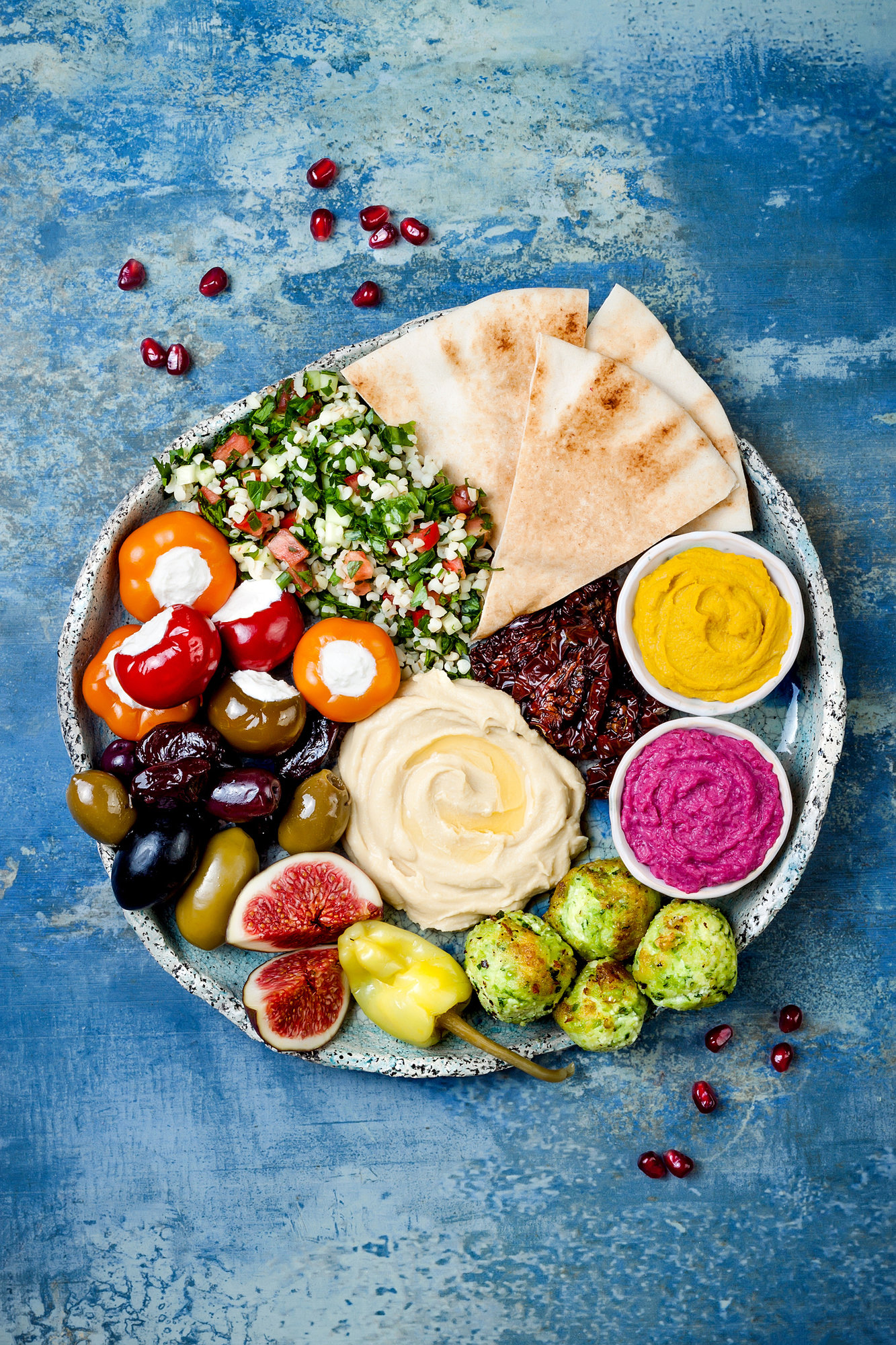
It's full of foods that are high in antioxidants and omega-3 fatty acids. It makes sense since omega-3 fatty acids have been found to protect skin from sun damage.
Europeans love seafood.
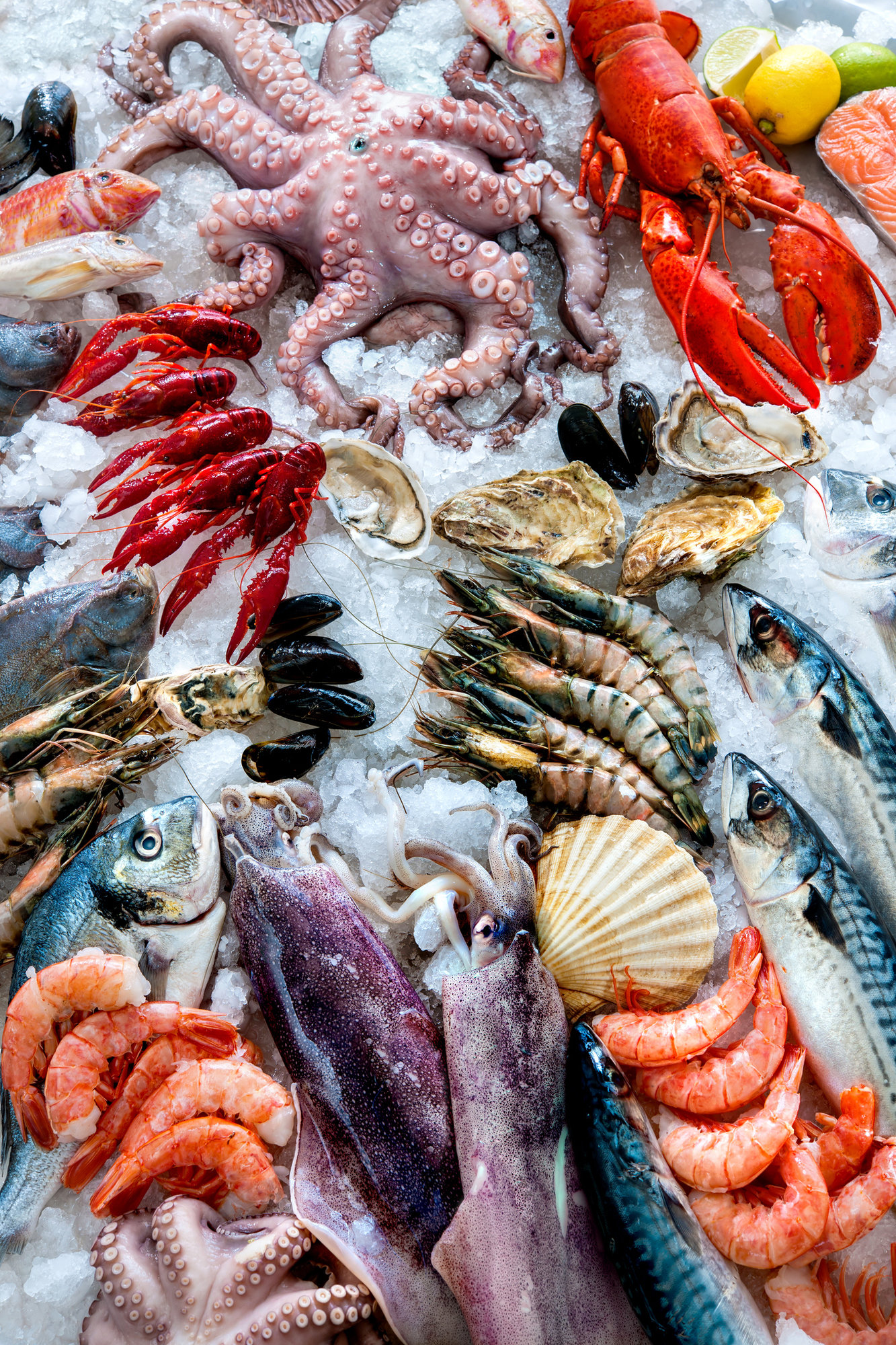
Many European diets are packed with seafood dishes that are full of omega-3 fatty acids, which are good for your heart and brain. Humans can't make their own omega-3s, so we have to get them through our diets or supplements.
Use Danish rye bread next time you want avocado toast.
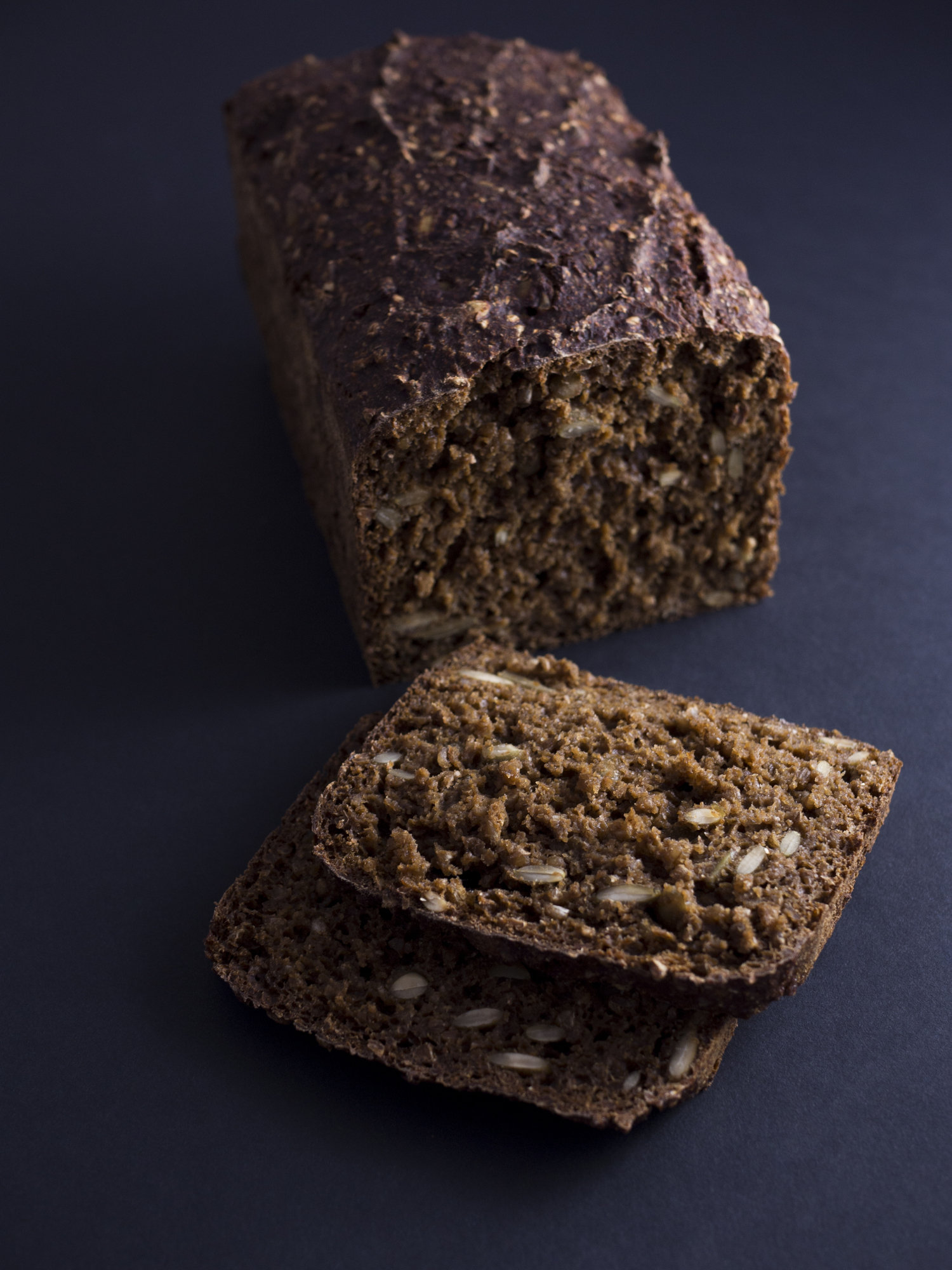
It's made with whole grains, is full of dietary fiber, and has no sugar.
Milk isn't just for kids.
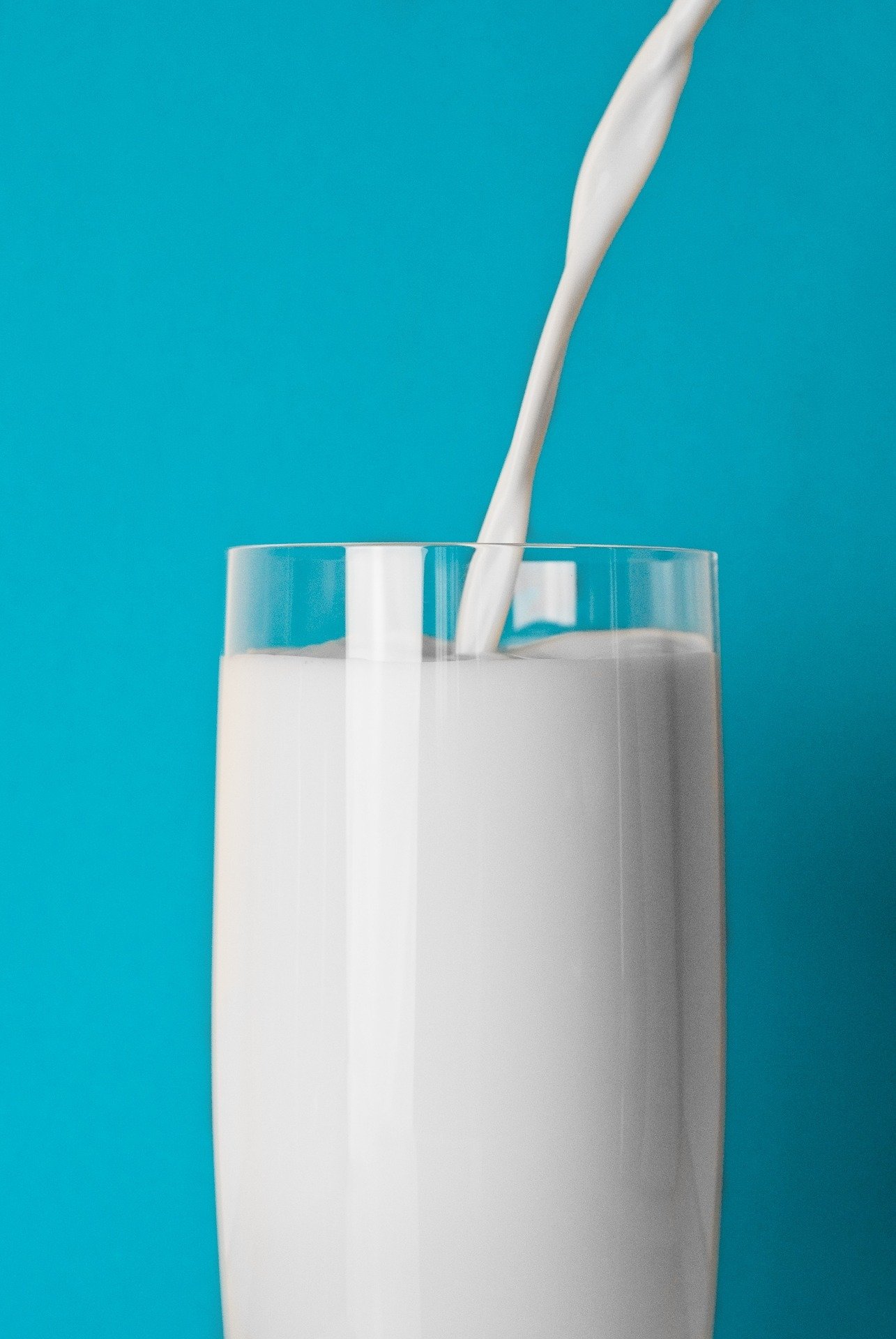
European women drink low-fat milk regularly because not only is it low in calories, it is also a great source of vitamin D, calcium, and protein, all of which are linked to weight loss.
Take advantage of fresh fish.
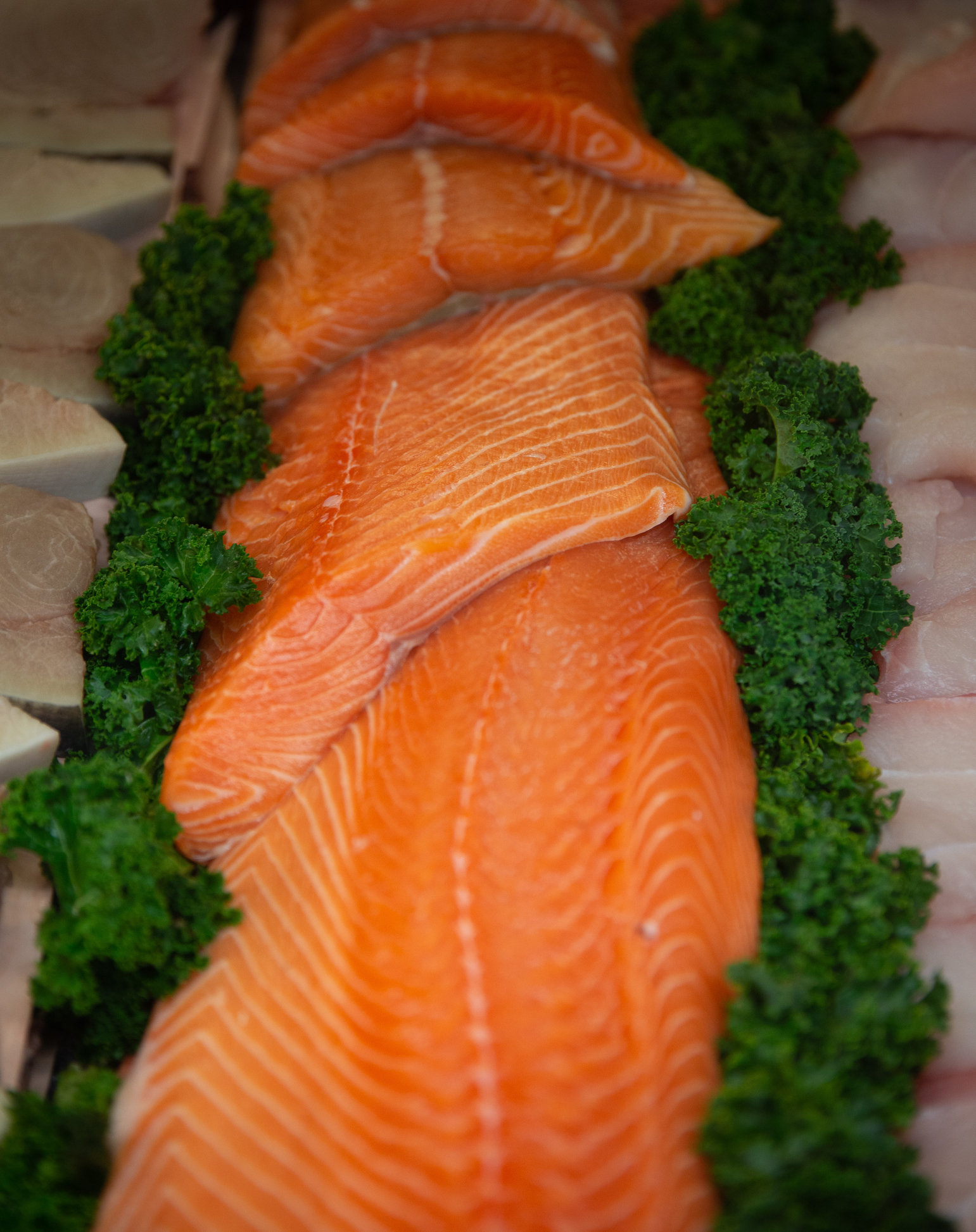
Iceland is blessed with clean waters and phenomenal seafood full of heart-healthy omega-3s.
Skyr is a staple in Norway and Iceland.

Skyr is like Greek yogurt's smoother, thicker, creamier cousin. It's high in protein and low in fat.
Cheers to wine!
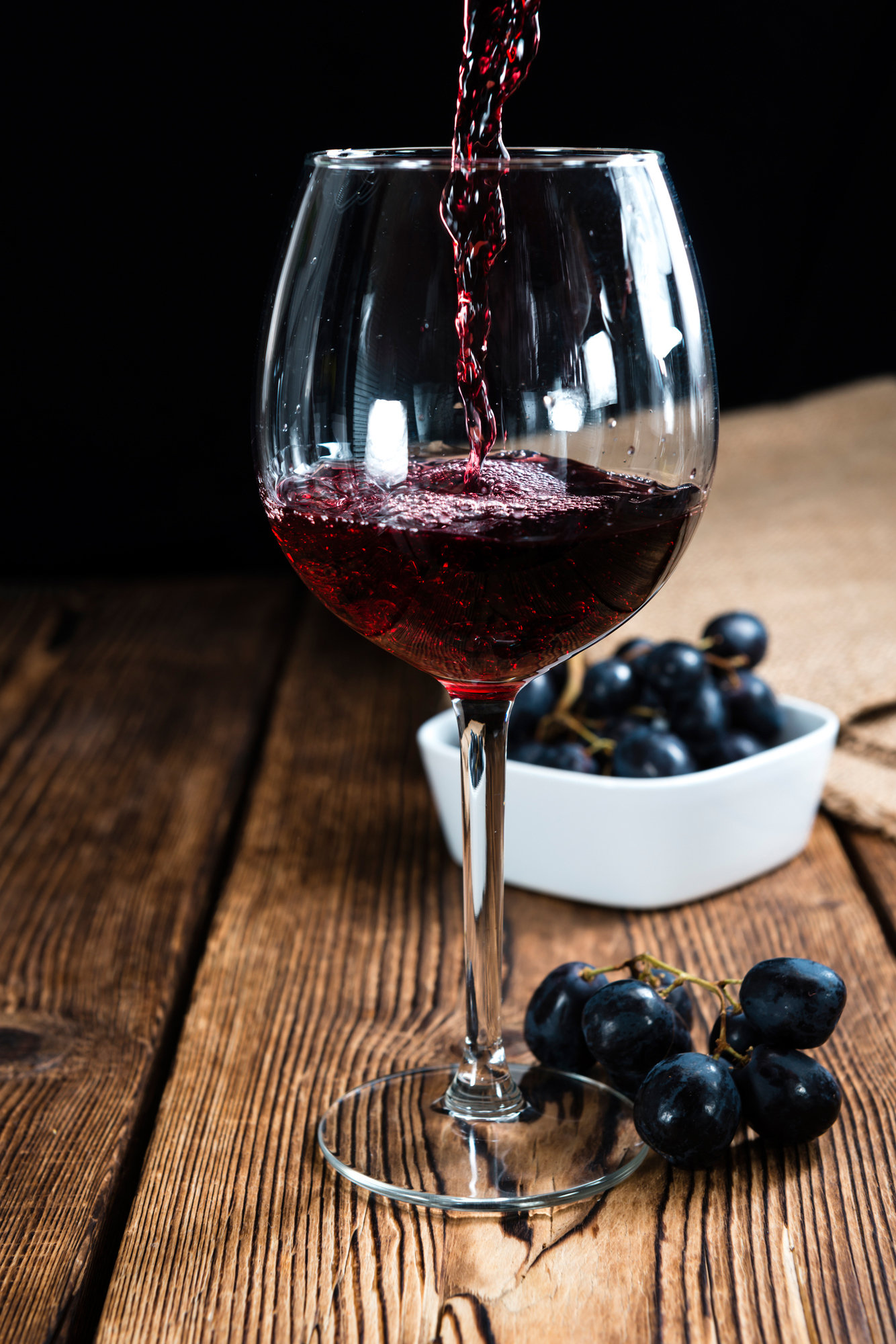
For reasons that science has yet to nail down, red wine in moderation is linked to lower risk of heart attacks. European women are not shy about enjoying a glass of wine or two a day.
Sip on some champagne.
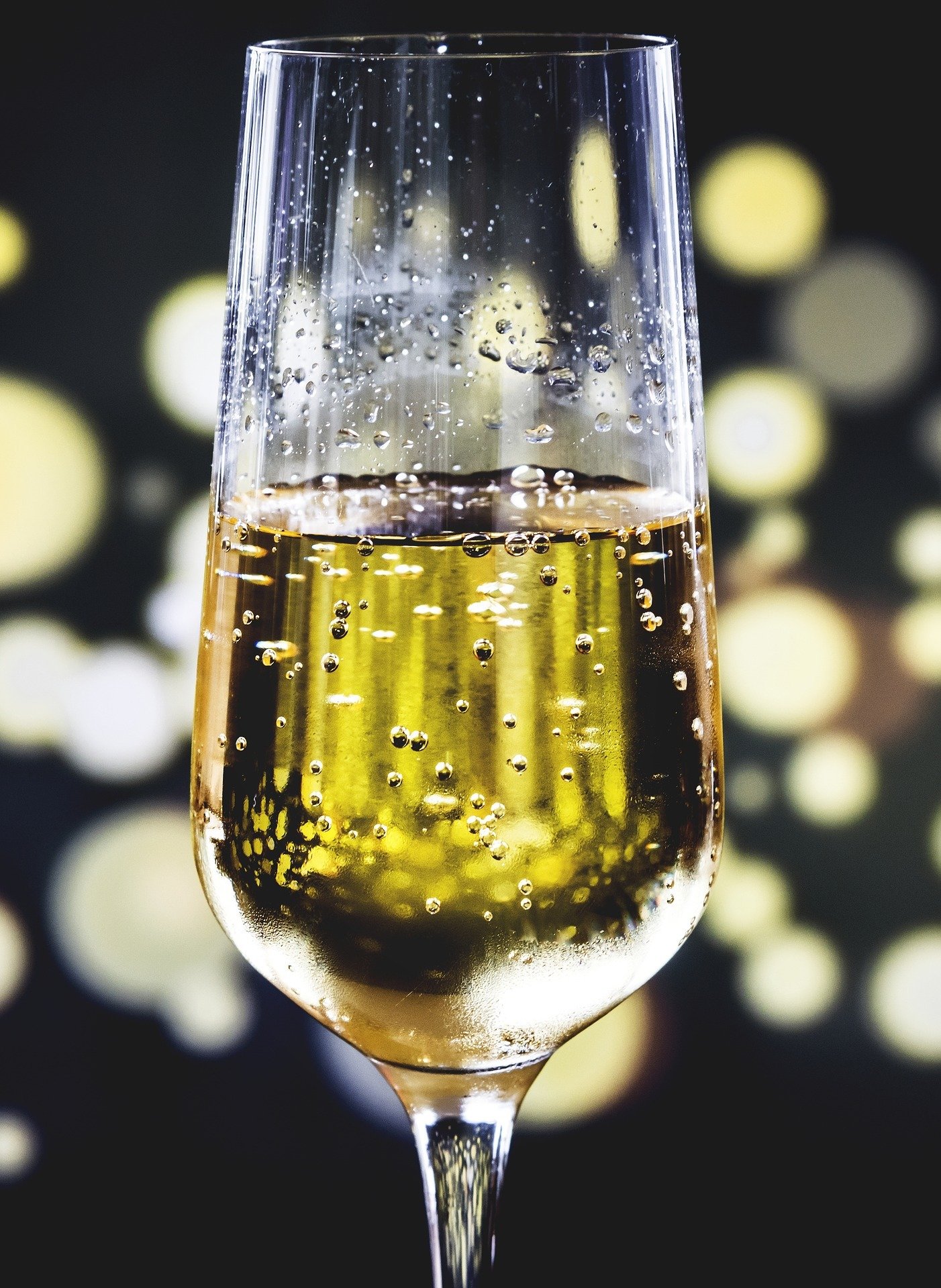
If you're more of a bubbly lover, go ahead and celebrate everyday life with a glass of Champagne like many Europeans do. Since Champagne glasses are smaller than wine glasses, you can save on calories because you'll be having less.
Stop being afraid of fat.

Europeans are not afraid to eat full-fat versions of foods. Think full-fat ice cream, full-fat cheeses. Full-fat versions of great quality foods are more satisfying than their low-fat counterparts. They also keep you full longer and if they aren't off limits, you'll be prone to eat less of them when you do eat them.
Farm-to-table is nothing new.
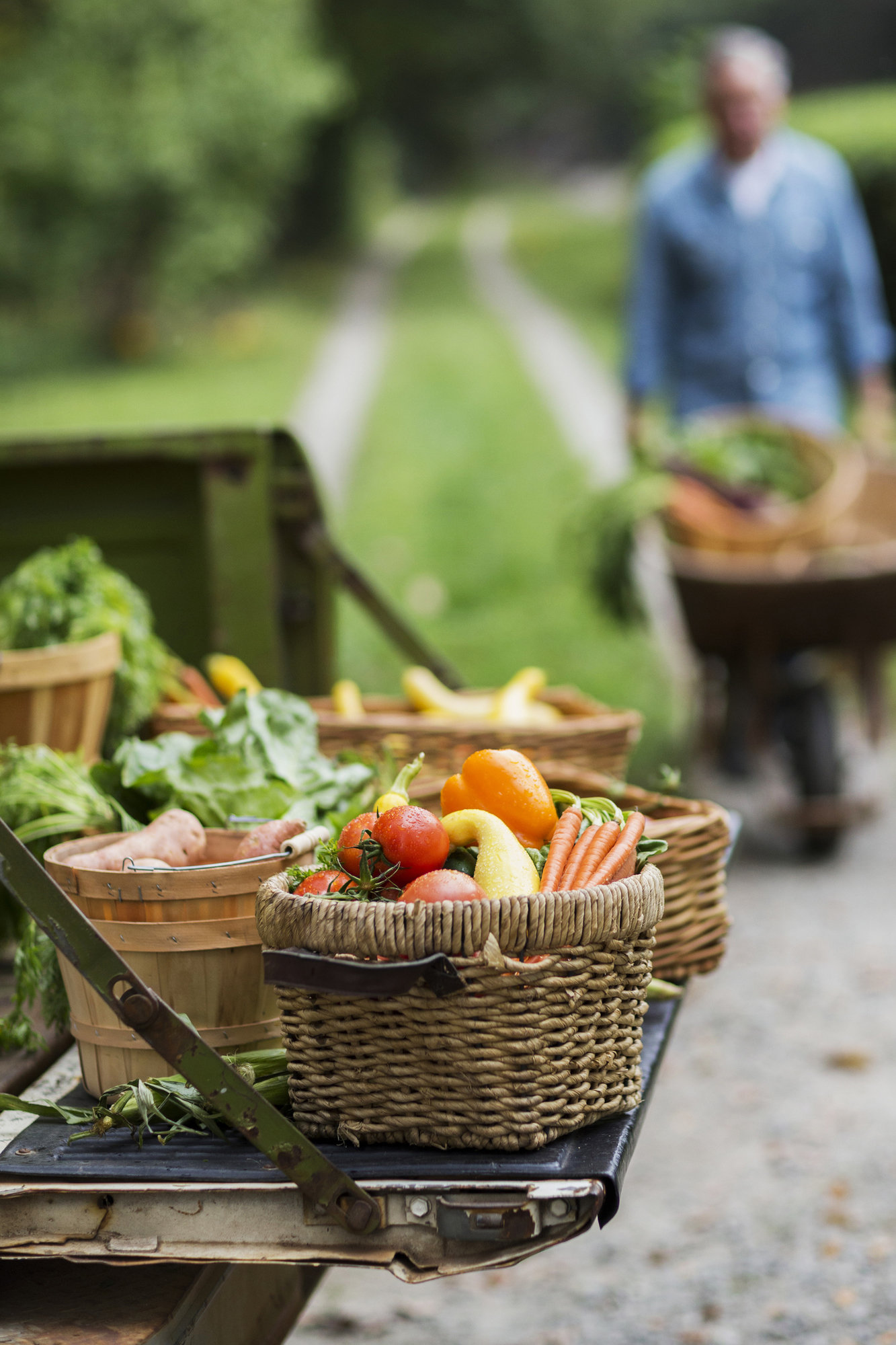
In the United States, more people are embracing the farm-to-table movement which promotes eating locally grown food that is acquired directly from the producer. Well, Europeans have always done this and have never stopped. That means you get nutritious, seasonal foods that don't have to travel far. It's good for the economy, environment, and you.
Coffee is good for you.
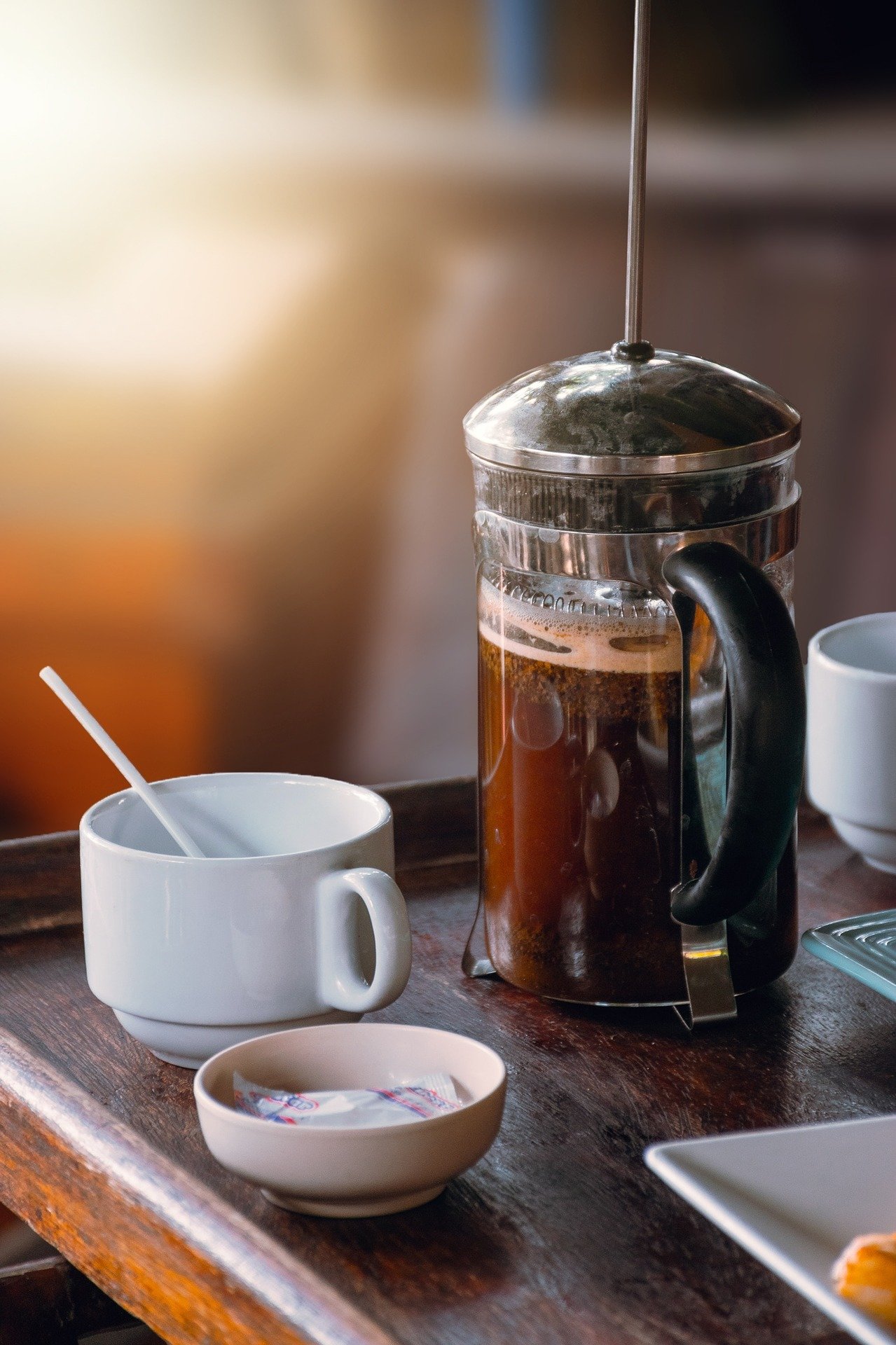
Europeans love good coffee and coffee can be good for you. Not only does coffee help you feel more alert and focused, it also has health benefits because it's full of nutrients and antioxidants. Believe it or not, coffee is considered the world's biggest source of antioxidants. That doesn't mean you should go crazy on it. Too much coffee is NOT good for you.
A shot of espresso is so good.
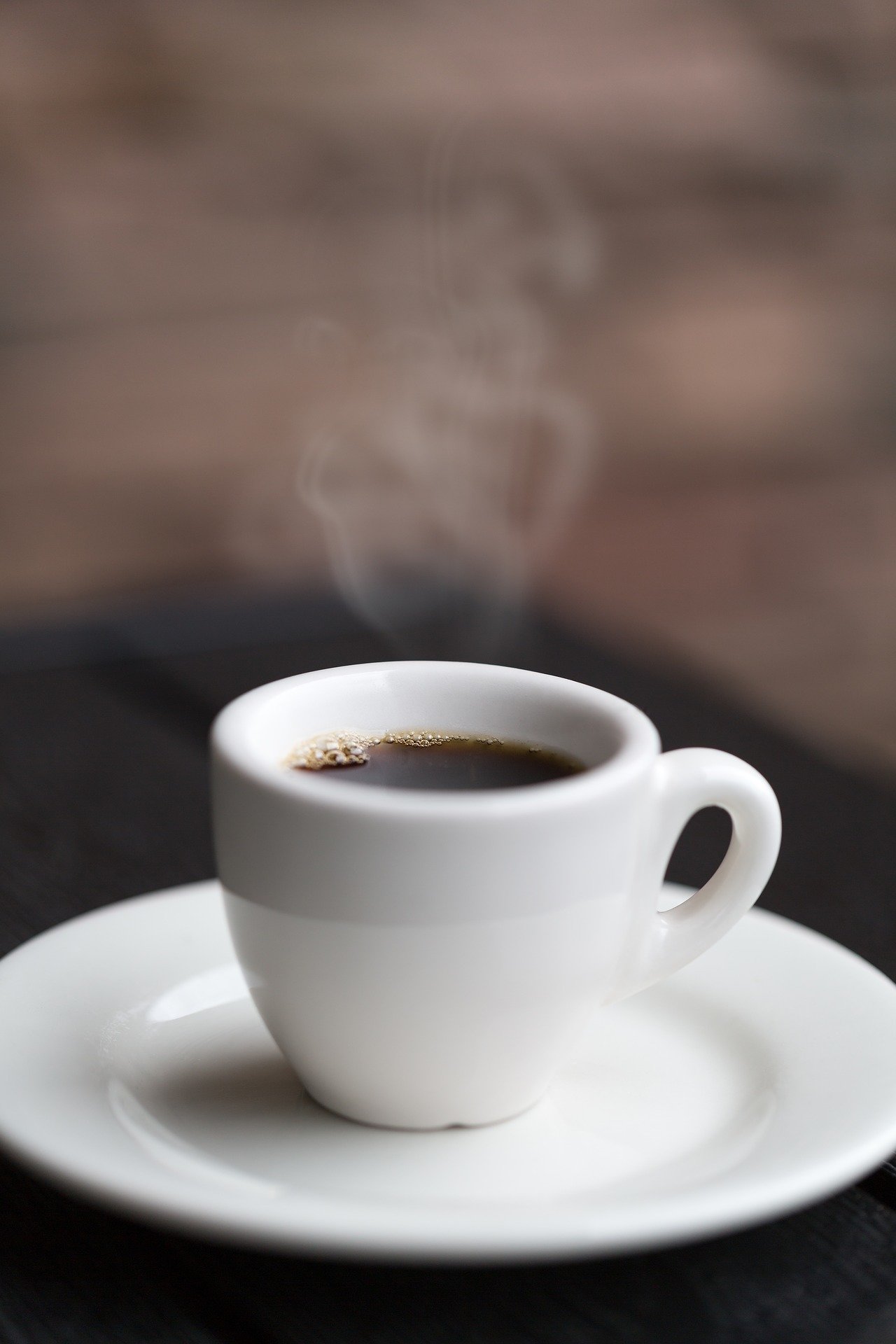
Espresso, which is popular in Italy and throughout Europe, is another way to get those great antioxidants that are found in coffee and if you drink it with no sugar or milk, it's low in calories.
Enjoy tea time!

It's not really a secret that teas have many beneficial properties, including being a great source of antioxidants and hydration. Europeans are no strangers to sippin' on tea regularly.
Drink hot water and lemon in the morning.
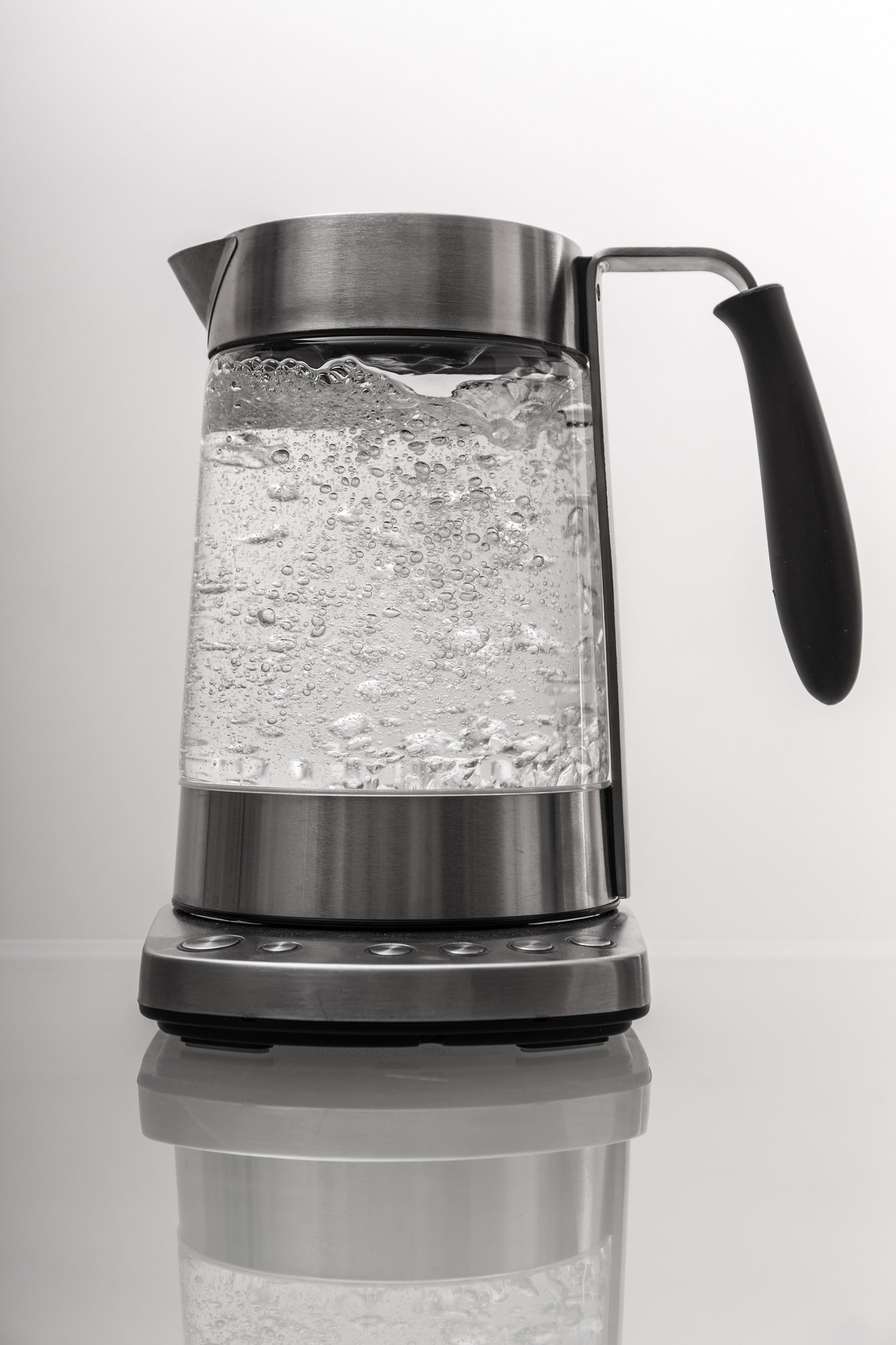
A glass of hot water and lemon first thing is the morning is a staple for many French women. It's supposed to help your digestive system wake up and the lemon is believed to cleanse the colon.
Eat the real deal.
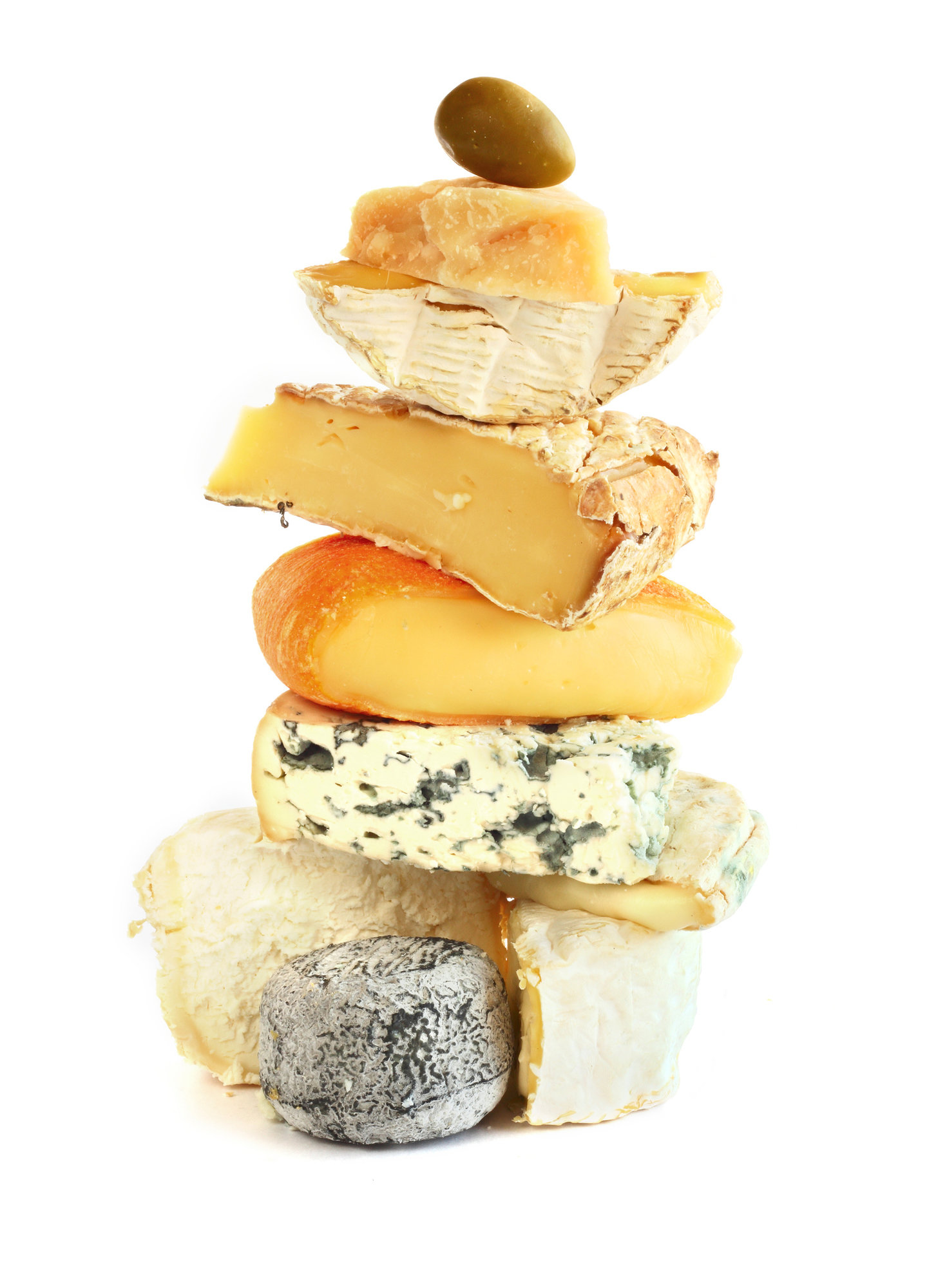
If Europeans want cheese, they eat cheese–not some processed cheese product. Real foods are better than chemical-laden processed foods.
Make friends with high-fiber foods.
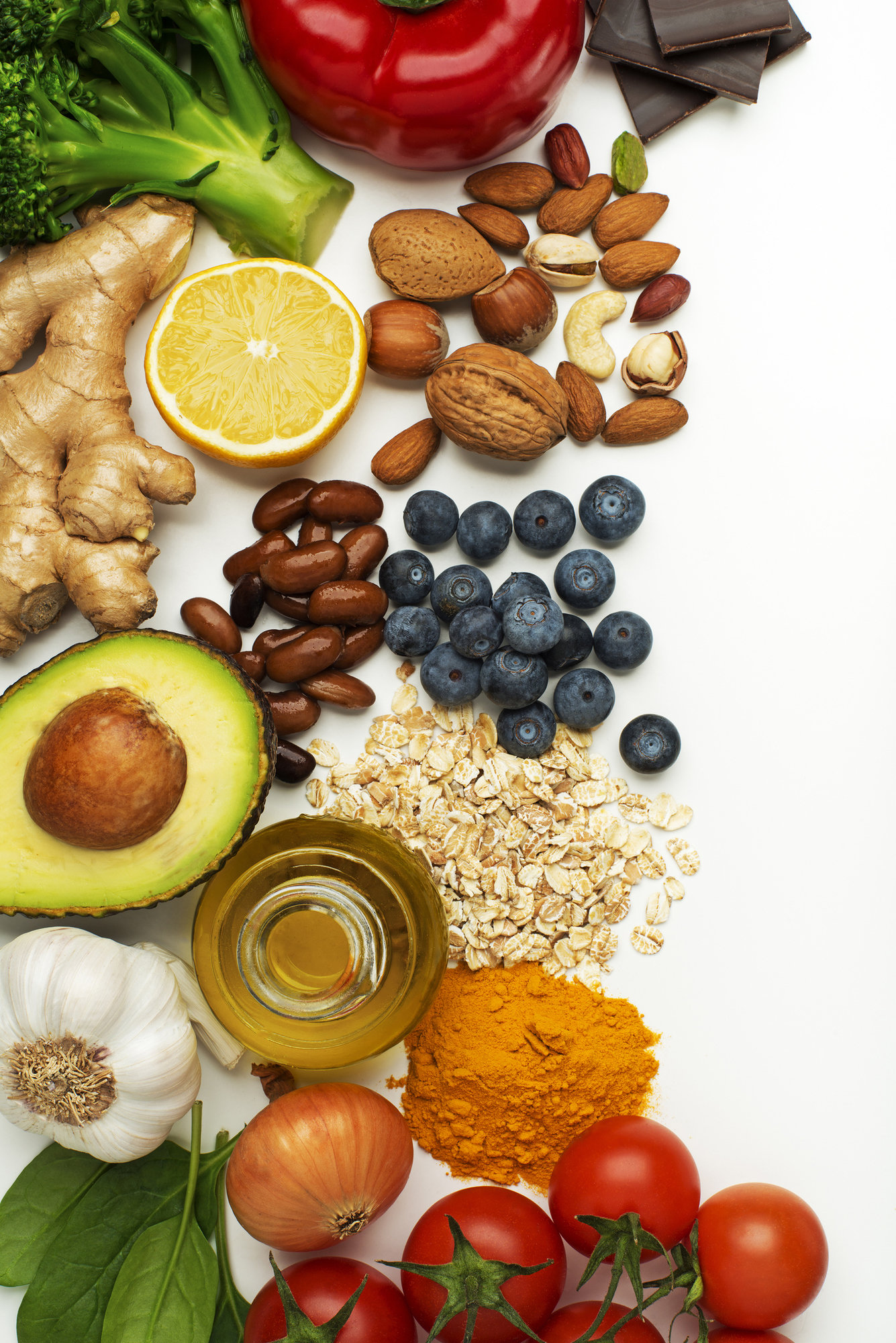
Europeans eat more foods that are high in fiber instead of foods that are full of empty calories. Fiber is good for you and it keeps you full longer so win-win.
Say no to fast food.
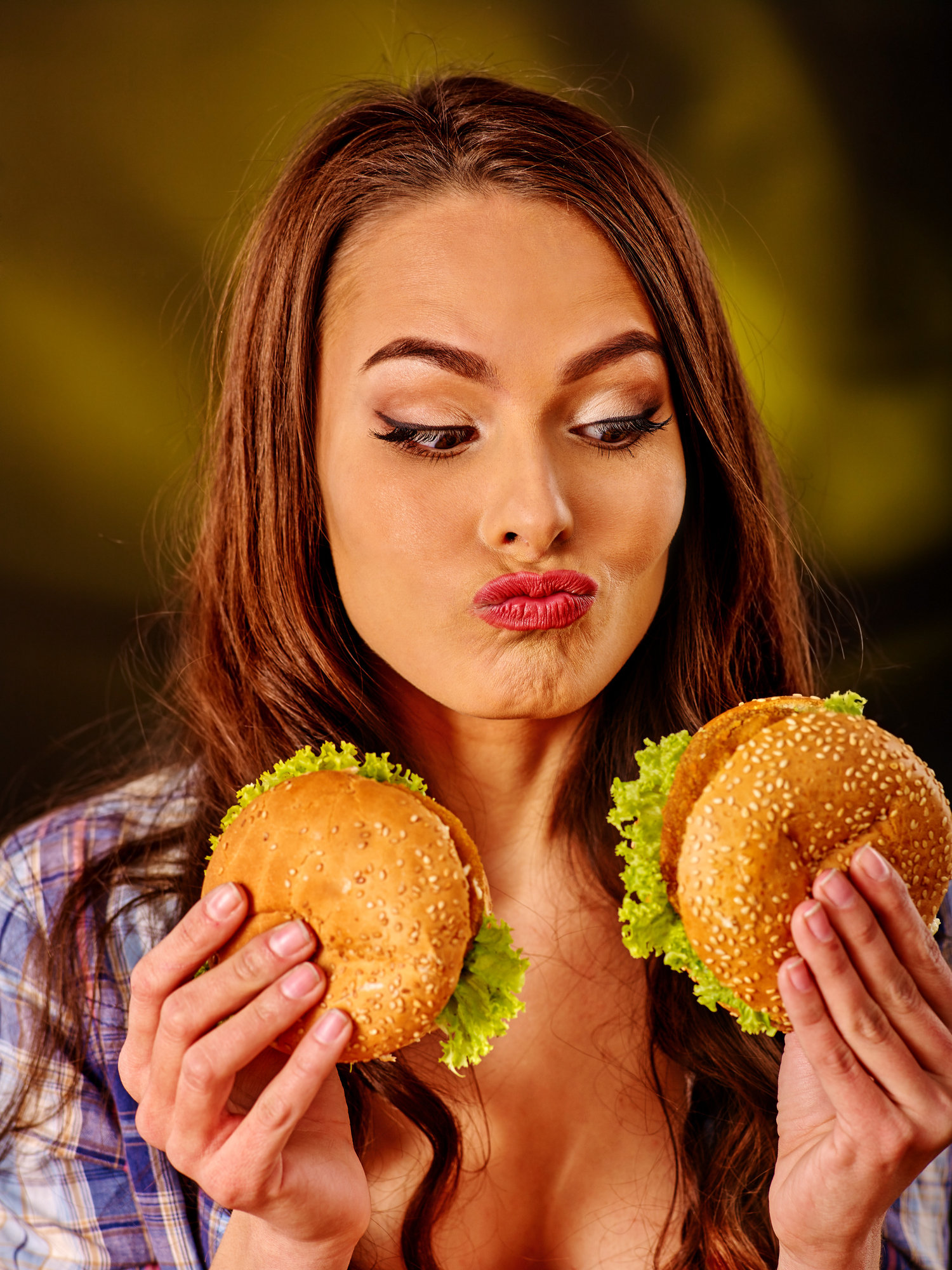
Fast food just isn't as prevalent in European countries as it is in the US. For many Americans, fast food is a regular part of their diet, this isn't the case in Europe–and their health is better because of it.
Keep sugar on the down low.
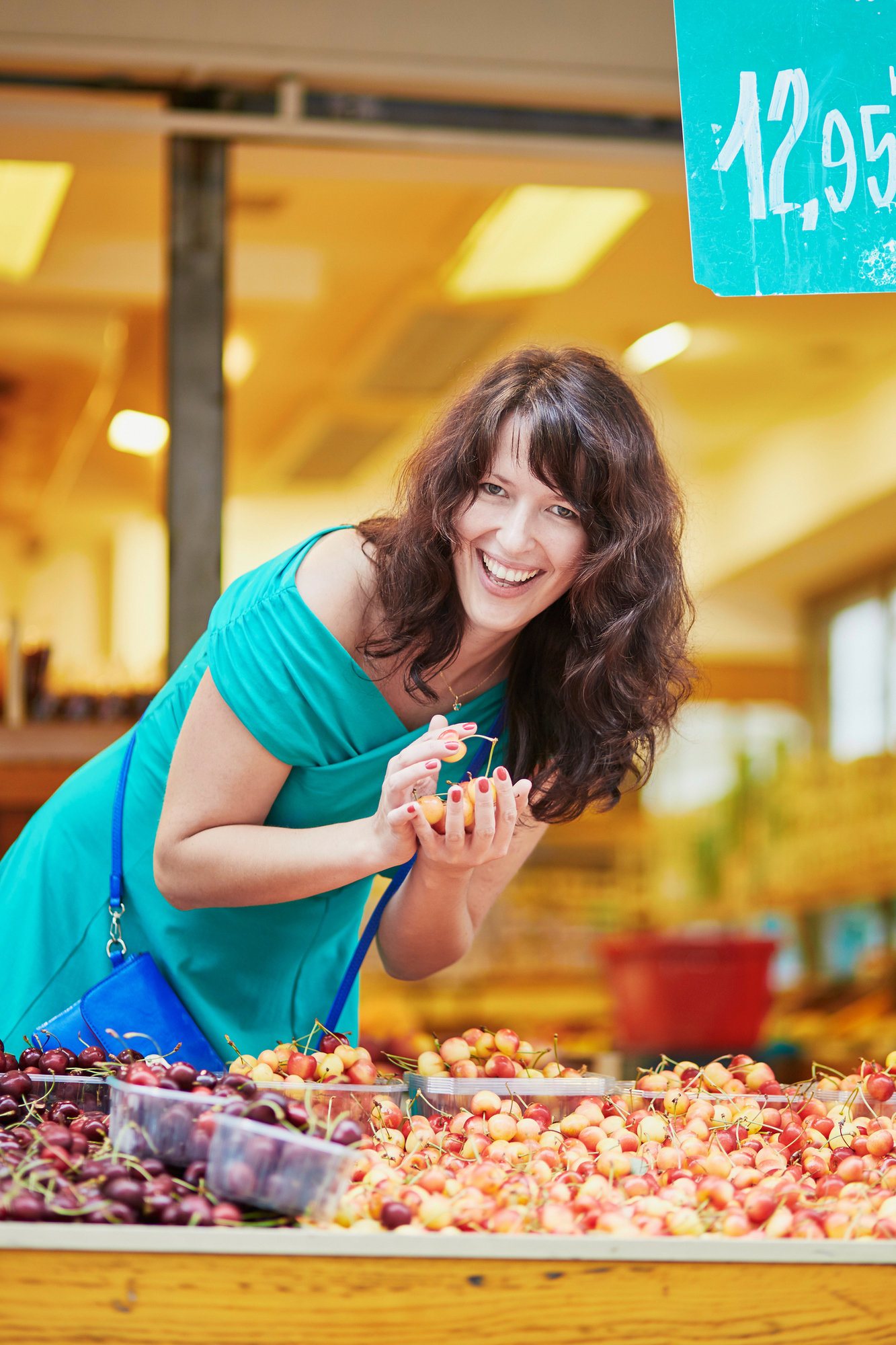
Hey, a bit of sugar here and there is OK, which is how Europeans ingest sugar. Sure, they have desserts and enjoy them, but most of the time they go heavy on the fruit to get their sweet fix.
Make meals an event.
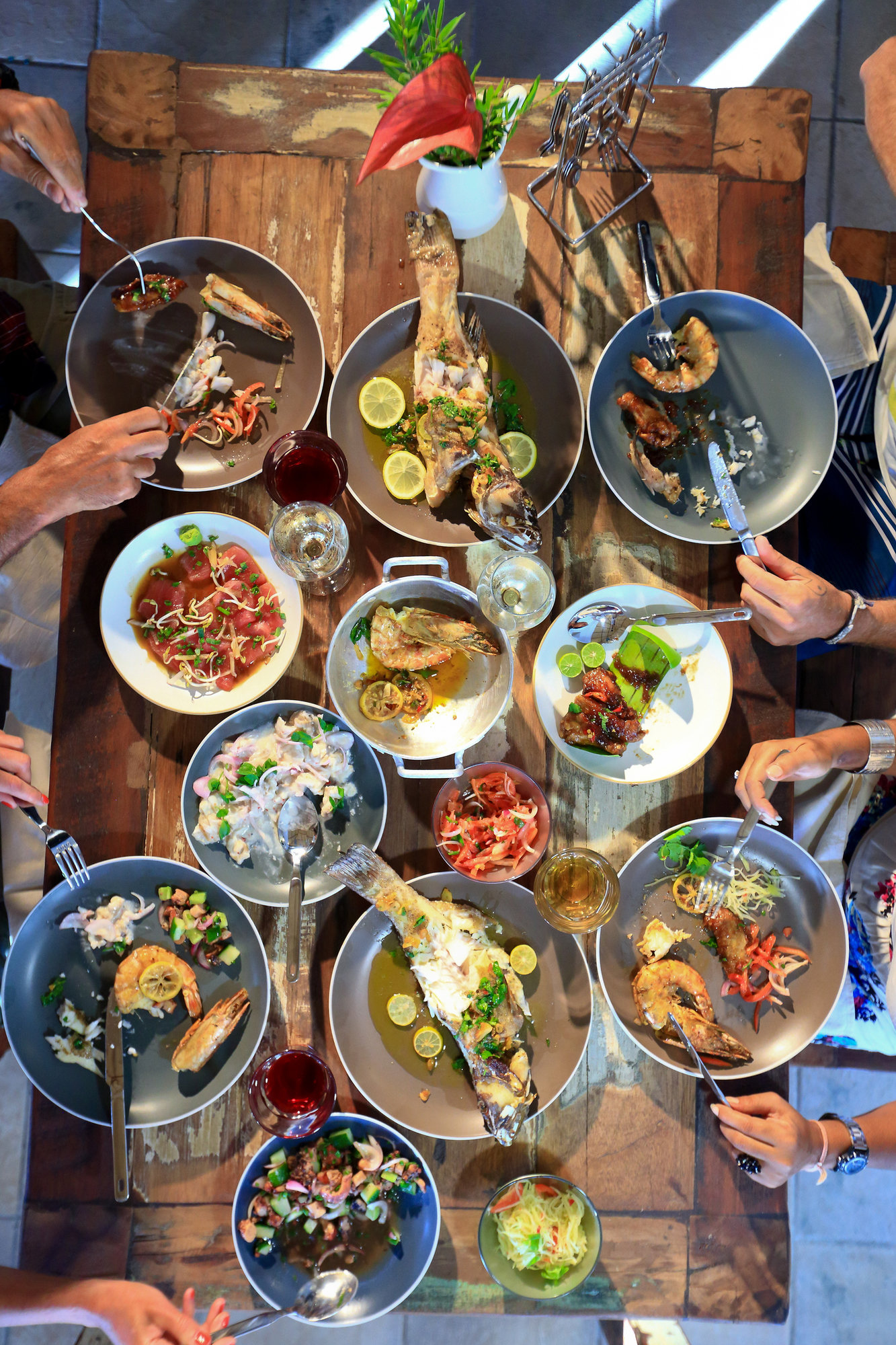
Long and leisurely meals are a European pastime. They are a way to connect and relax, and eating slowly keeps you from scarfing down too much food before you have a chance to realize that you are full.
Enjoy dessert S-L-O-W-L-Y.

All that guilt you feel when you eat dessert, stop feeling it! Go ahead and enjoy dessert when you choose to have it, but adopt the European practice of eating it slowly and savoring every bite. If you take the time to really taste what you are eating, chances are you won't go back for seconds.
Go with the whole juice craze.
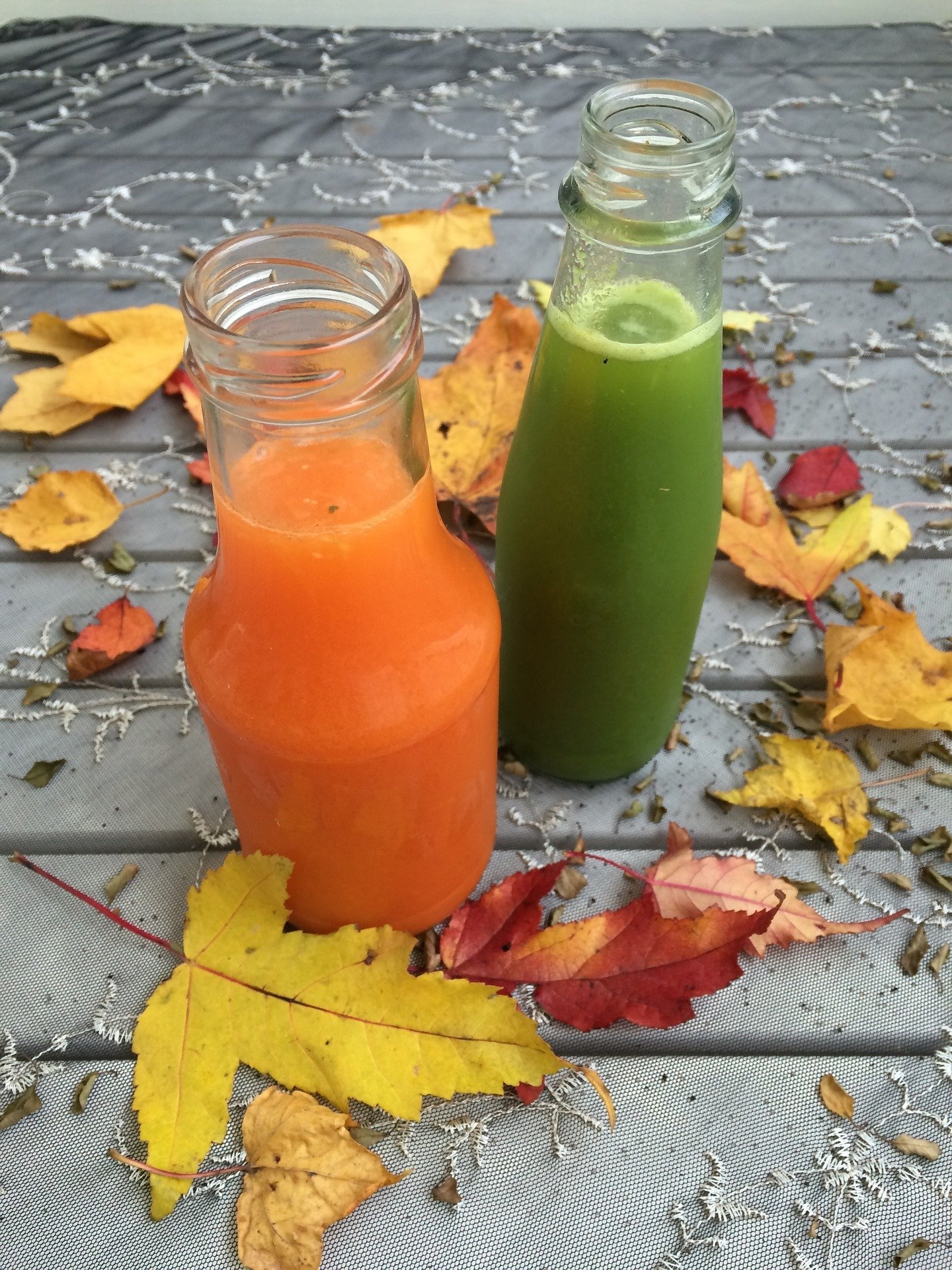
You know how America is having a juicing moment because you get all those nutrients into your system like POW and NOW? Embrace it! Europeans are into drinking fresh juices for their health benefits, too.
Have you tried powerberry juice?
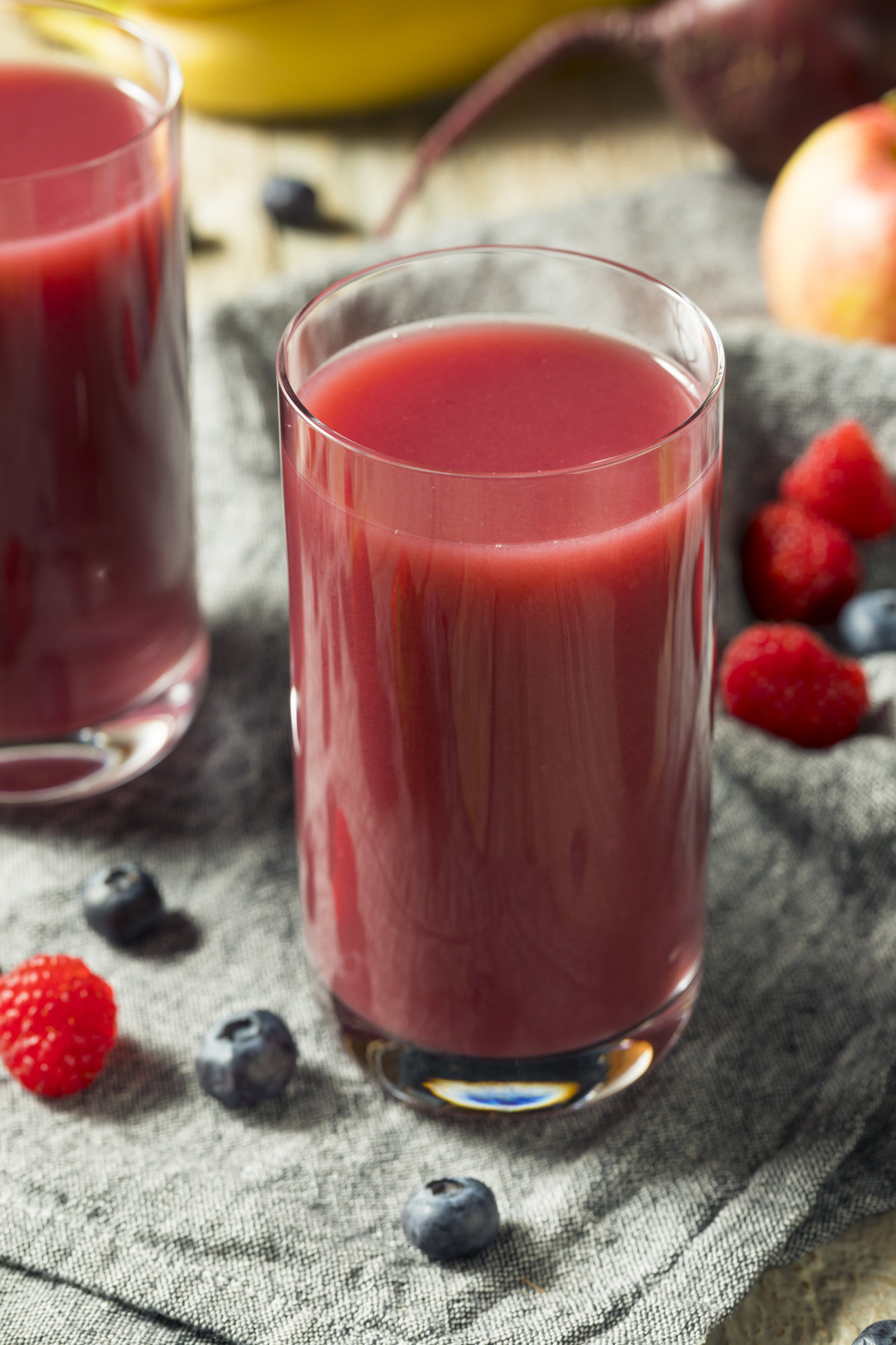
In Switzerland they make something called powerberry juice with fresh-pressed fruits from all over the world. The juice is supposed to boost your energy levels before a workout and stimulate your immune system.
French women are fans of yogurt.
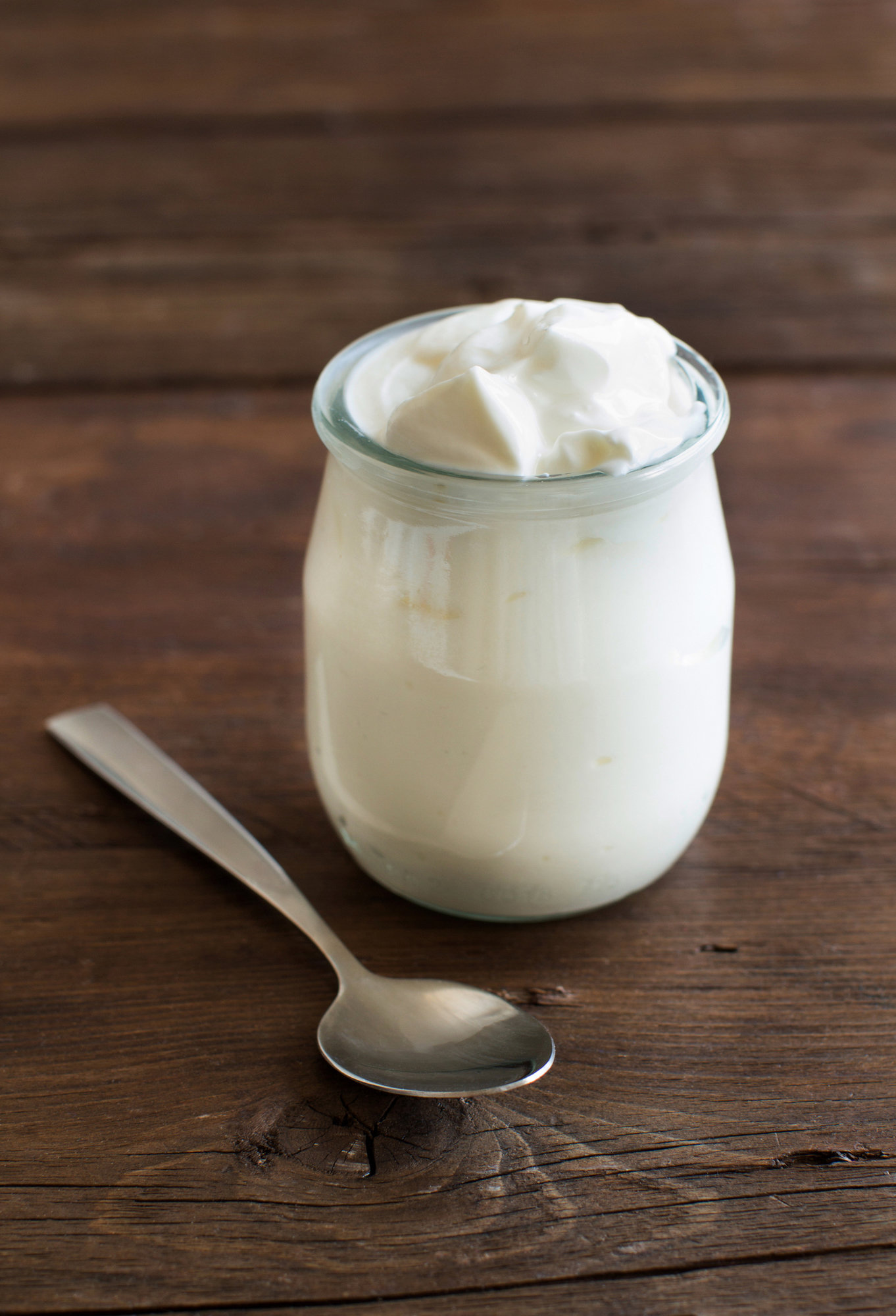
In France, many women eat at least one yogurt a day for the protein and calcium. It also helps manage hunger between meals. If you want to do the same, make sure you aren't eating yogurt that is full of sugar.
Smaller portions make a big difference.

Order a sandwich in the US, and it might be enough to feed three people. Order a sandwich in France, and it's more likely you'll get a single serving. The less you have on your plate, the less you can eat. The more you have on your plate, the more you can overeat.
Drink enough water.
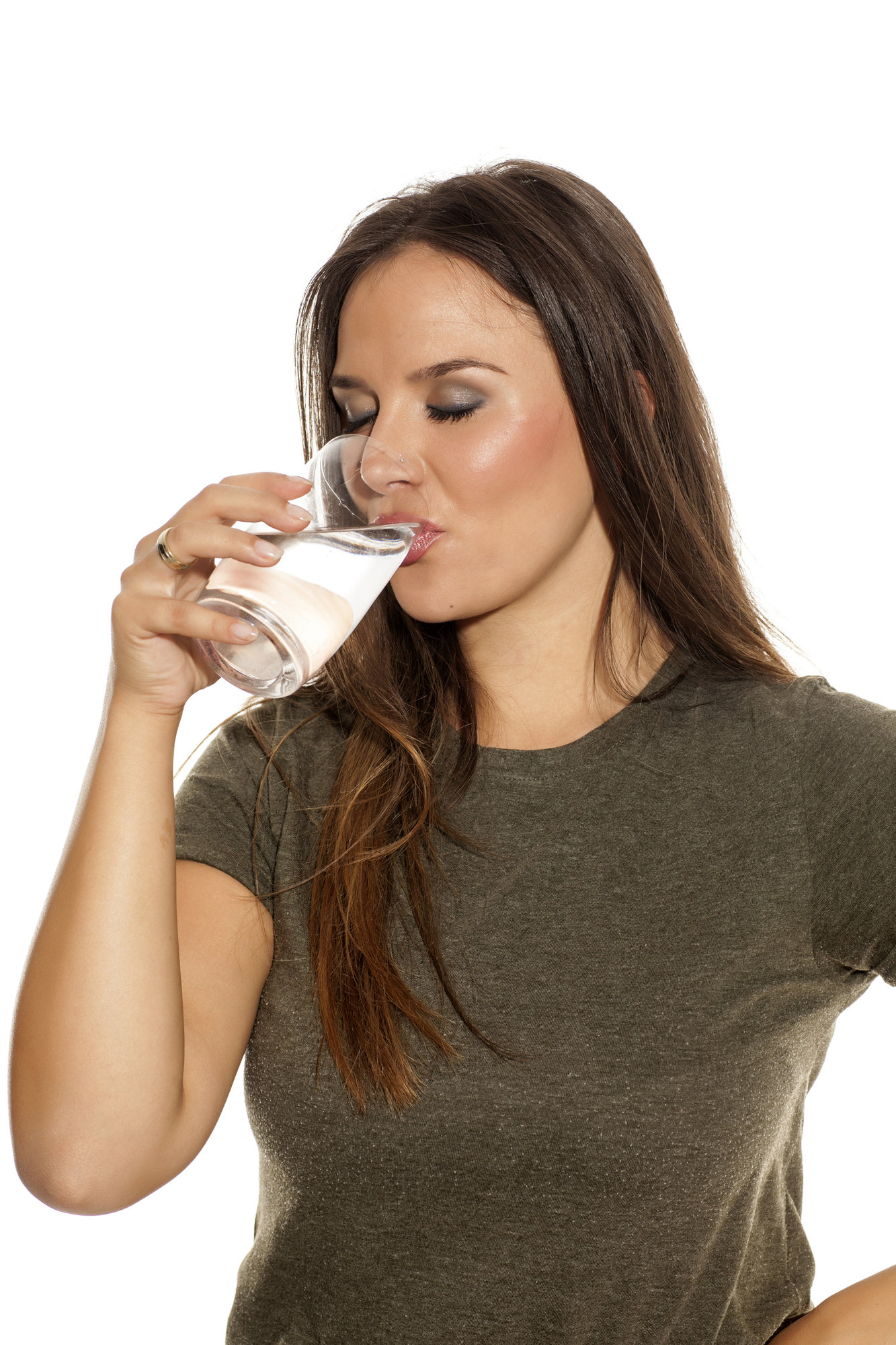
You already know you should be drinking about eight glasses of water a day, but are you? European women and French women in particular seem to have no problem drinking enough water.
Good air leads to good health.
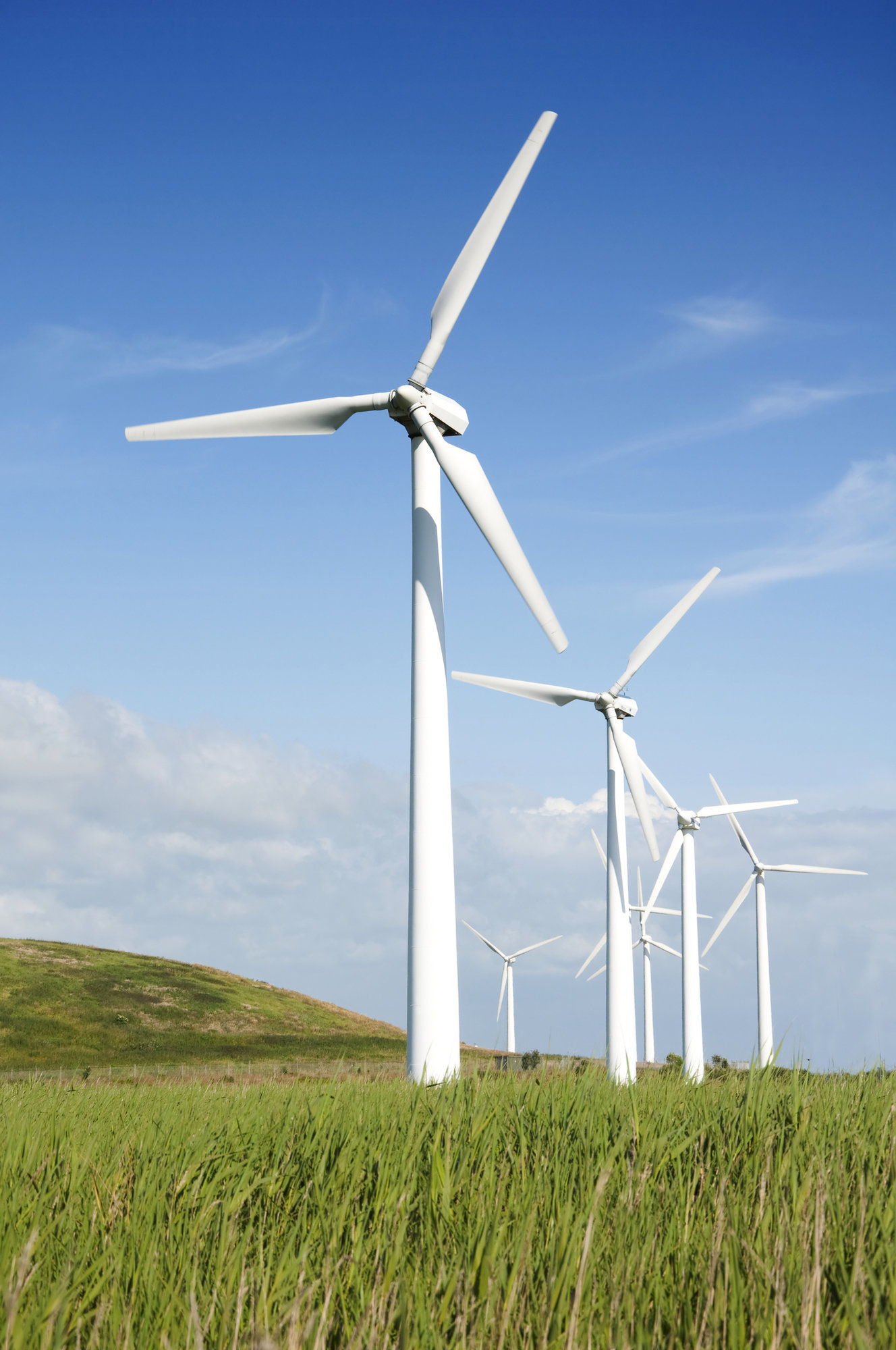
Denmark is committed to producing 100% of its energy using natural resources by 2050. Using renewable resources like windmills to produce energy decreases smog pollution and reduces the risk of strokes, heart disease, and lung cancer.
No need to take cycling classes when you cycle regularly.
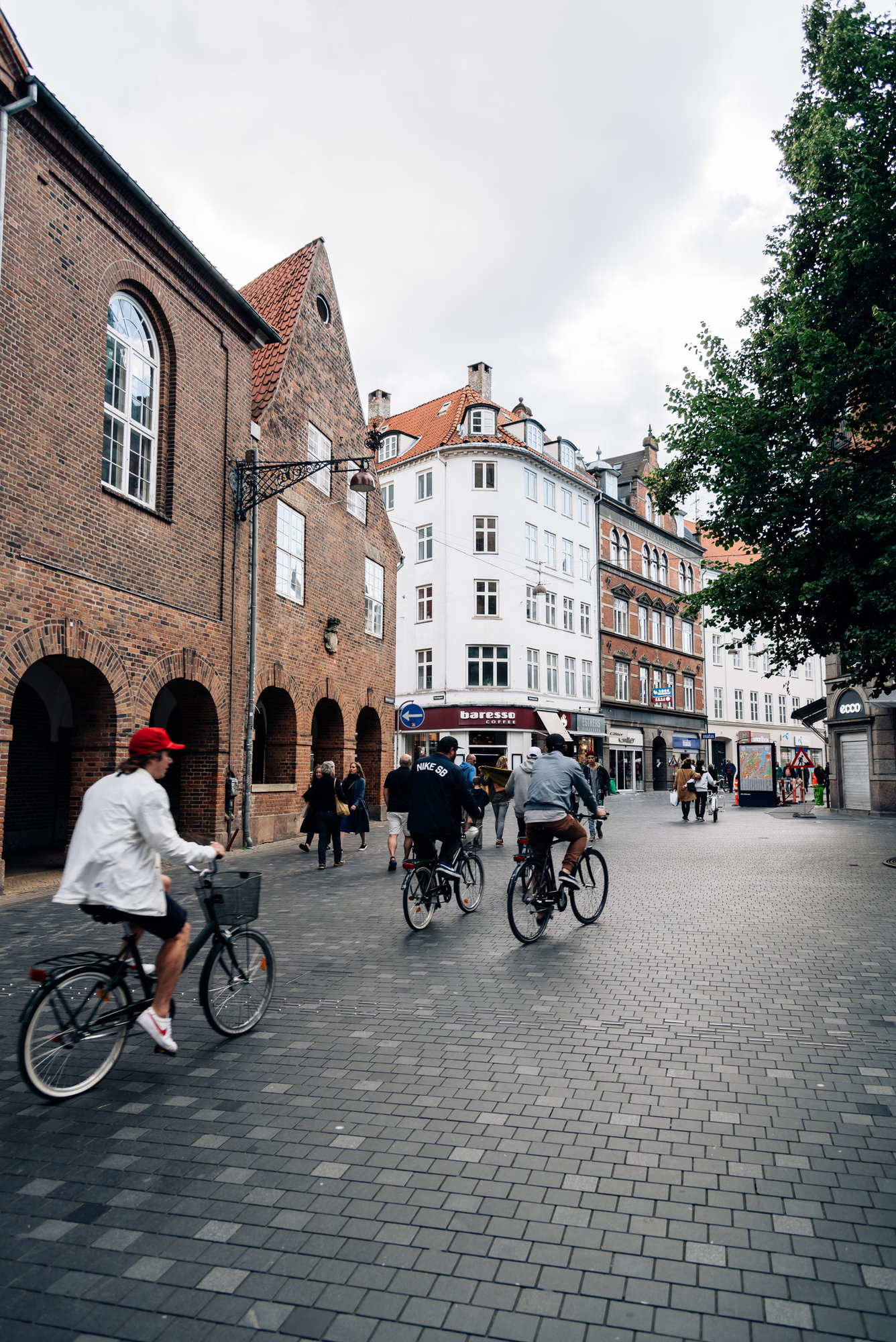
In Denmark, bicycling isn't just for kids or something you do at the gym to burn calories; it's a way to get to and from where you want to go regularly. Riding a bike is a great form of cardio and it helps you tone your core and lower body.
More vacation time does a body and mind good.
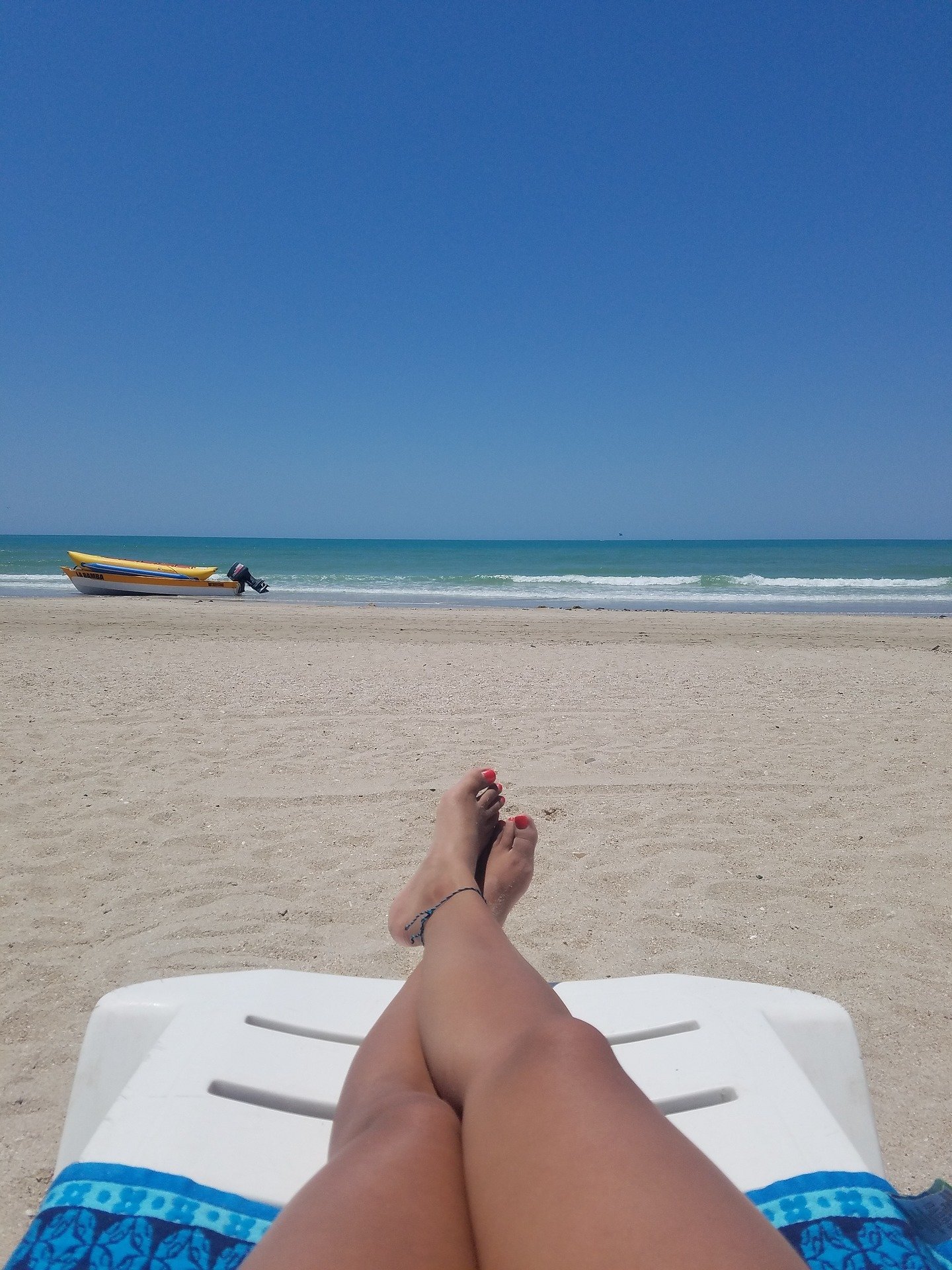
In a lot of European countries, employees get up to six weeks of vacation. Can you imagine how relaxed you would be if you had six weeks of vacation? Stress is not good for your health.
Europeans practice preventative health care.

Europeans practice preventative care, which helps them stay healthy and prevents the onset of chronic diseases. They don't wait until they are sick to go to the doctor.
Hot springs and thermal pools for the win.
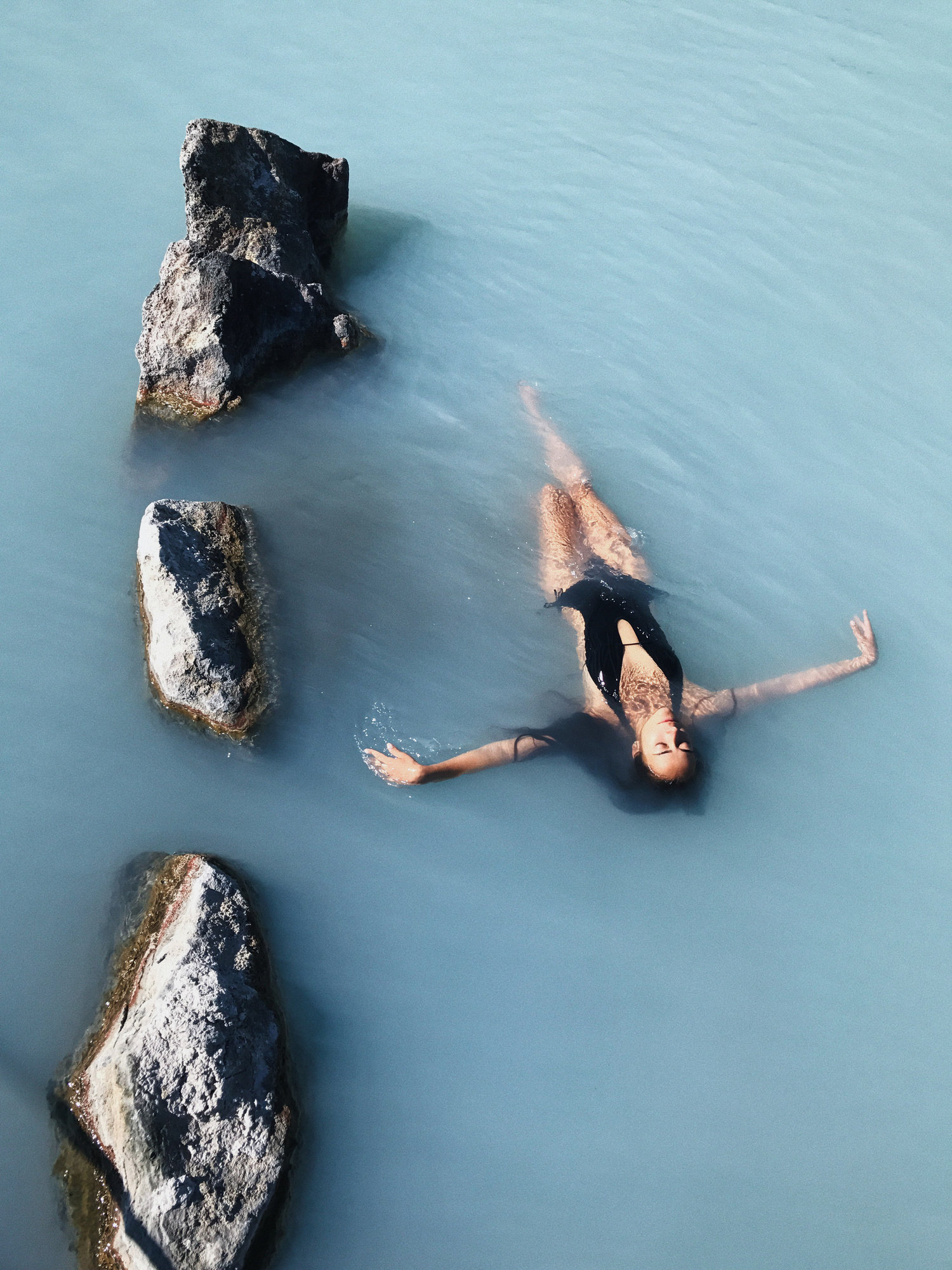
In Iceland, there are natural hot springs and thermal pools galore. Soaking in these waters full of natural minerals, algae, and silica provides pain relief, soothes skin, boosts circulation, and just plain feels good.
Embrace minimalism in your home.

Scandinavians keep their homes peaceful by being clutter-free and only having what they need.
You're not going to get fresh air indoors.

Scandinavians believe that fresh air is good for you and they enjoy being outdoors. The thing about being outdoors, other than getting fresh air, is that it encourages you to move, which is also good for you.
Saunas are considered good for the mind and body.
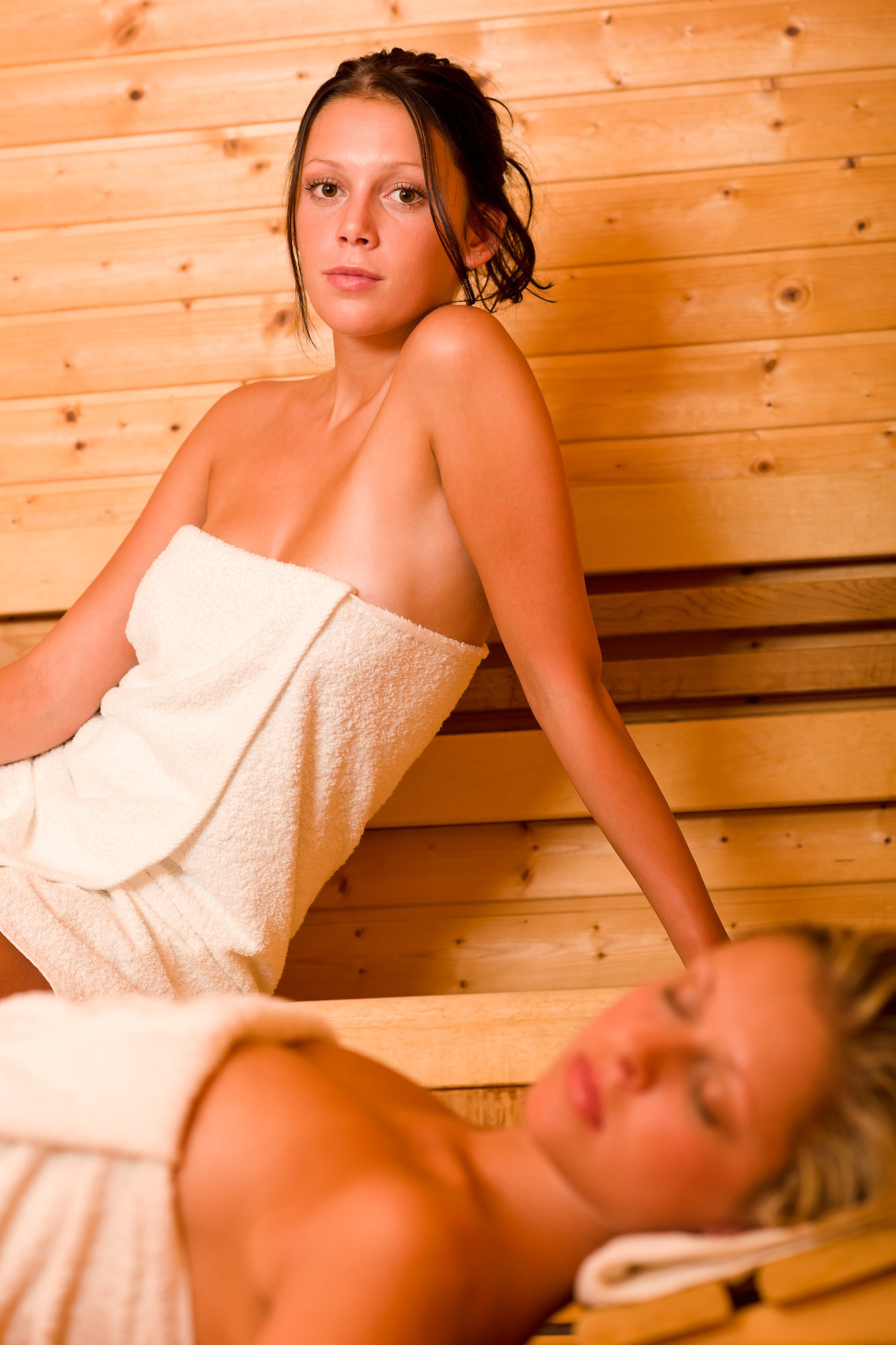
In Finland, saunas are a big part of the culture and you can find them pretty much everywhere–even in government buildings. Saunas help your body release toxins, they strengthen your immune system, and may contribute to weight loss. Also, they're relaxing and help reduce stress.
Salute the sun for 15 to 20 minutes a day.
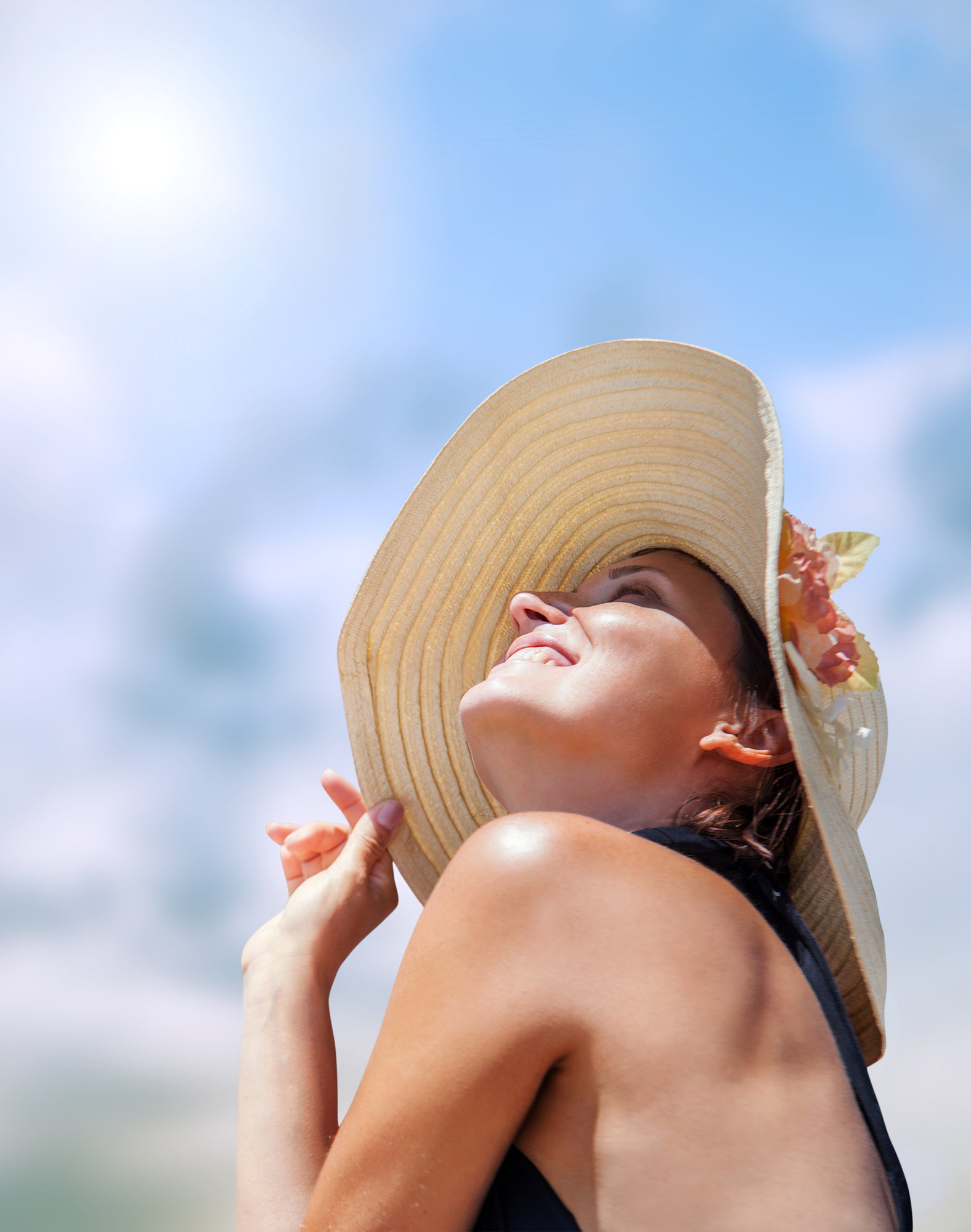
Vitamin D is crucial for bone health and helps protect us from many diseases. It's possible to get it from supplements and by eating certain foods. Women in Europe know that 15 to 20 minutes a day will give them their daily dose of vitamin D. If you're going to be in the sun for more than that, be sure you're using sunblock.
Stop bingeing!
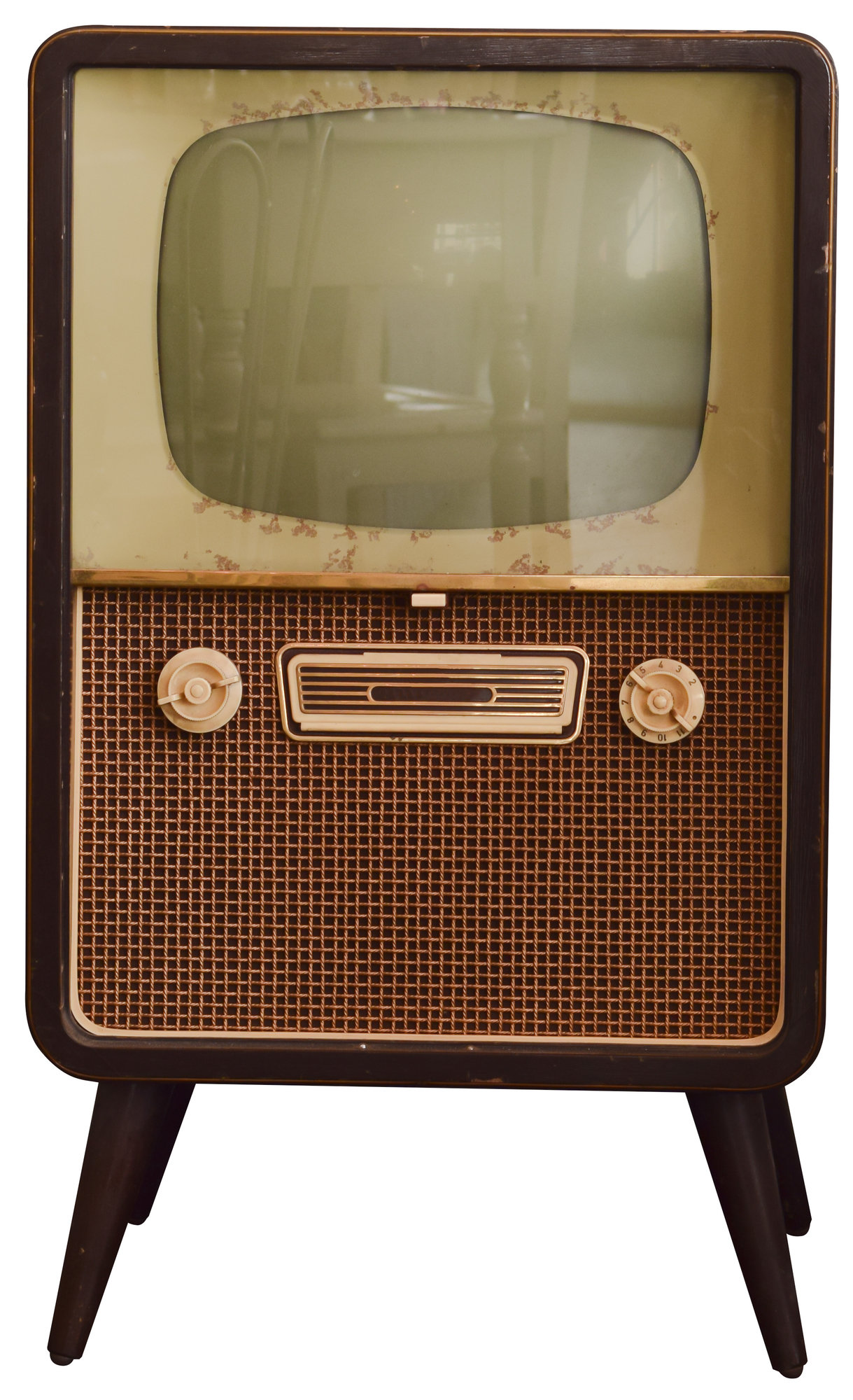
European women don't consider binge watching TV shows a form of exercise. They don't sit in front of the TV for hours on end. Being active is much better for your health than being sedentary.
Walking is a way of life.

Women in many European countries walk as a mode of transportation. They do so much walking that it would be ridiculous for them to go to the gym to walk on a treadmill.
Having coffee with friends is important.
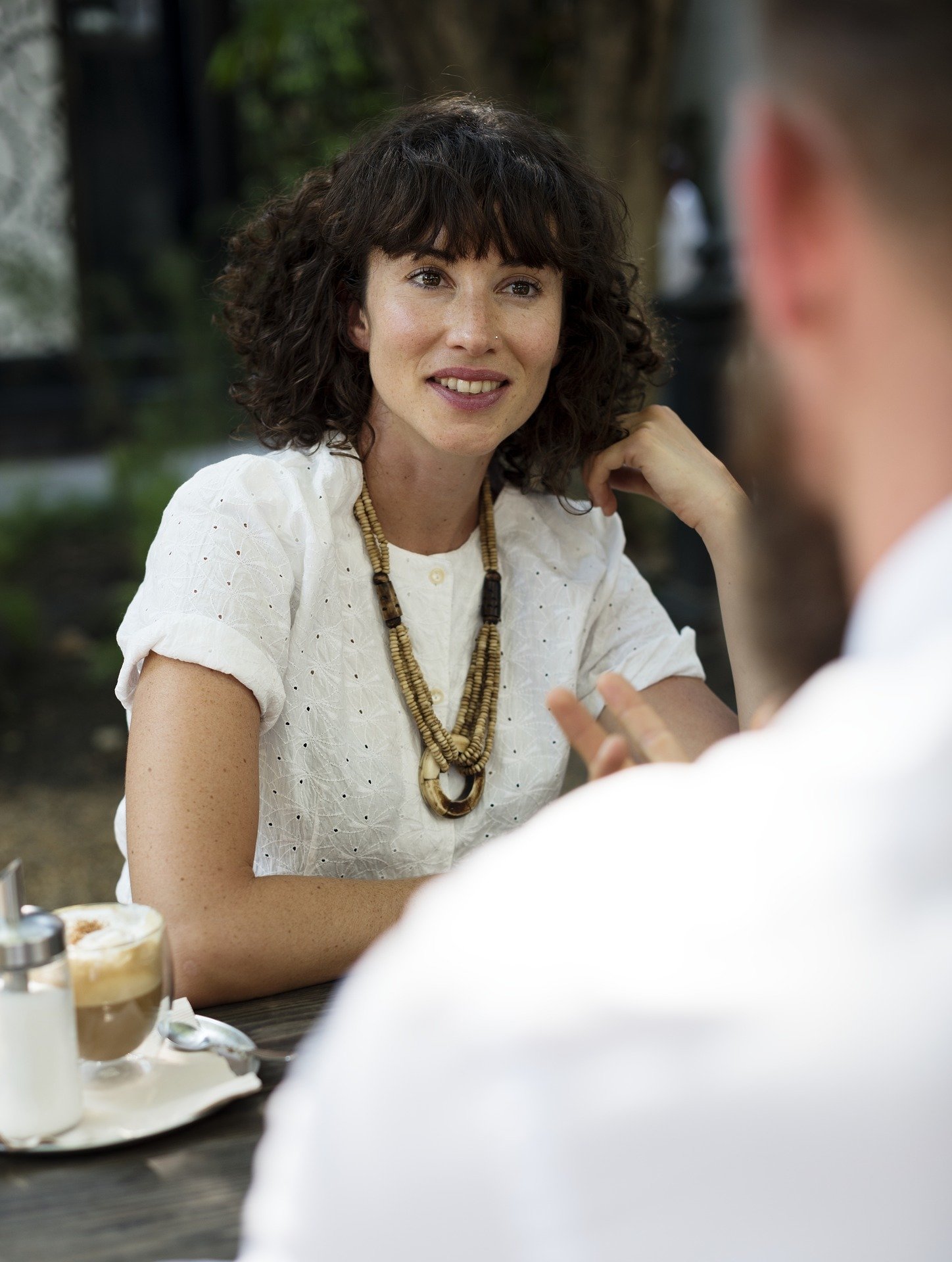
In Sweden, people do something called "fika." There is no real translation for it, Google Translate says it means to "have coffee." It's really more about socializing with someone else, though, and connecting with them. So like un cafécito with comadres kind of thing.
Cultivate a fun and cozy atmosphere.
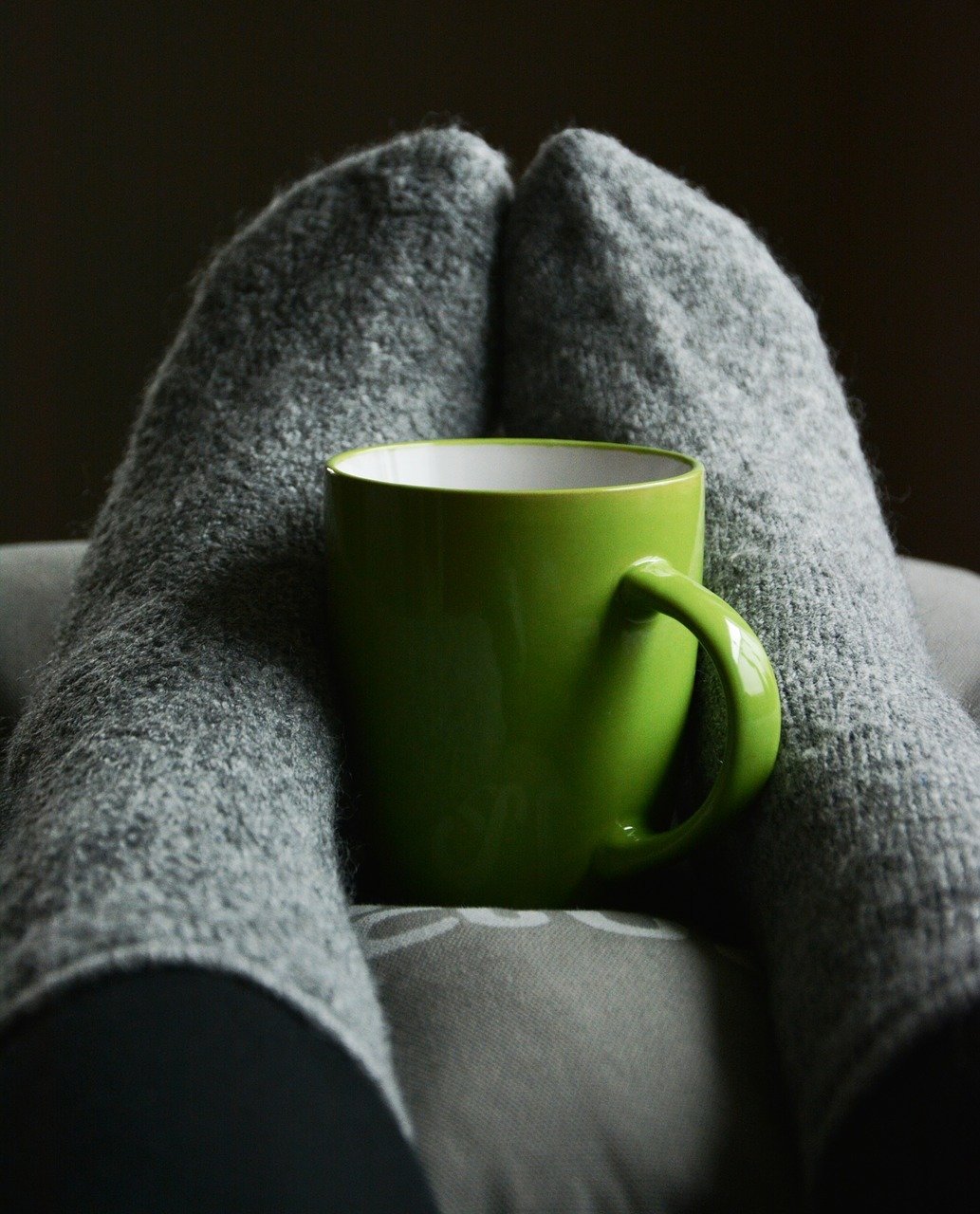
Another word that has no direct translation is the Danish word "hygge." Google Translate says it means "fun" and that is a part of it, but it is more about cultivating a fun and cozy atmosphere by enjoying the little things in life. Think sitting by the fire and chatting with someone you love or going for a walk together.
Public transportation is much more prevalent.
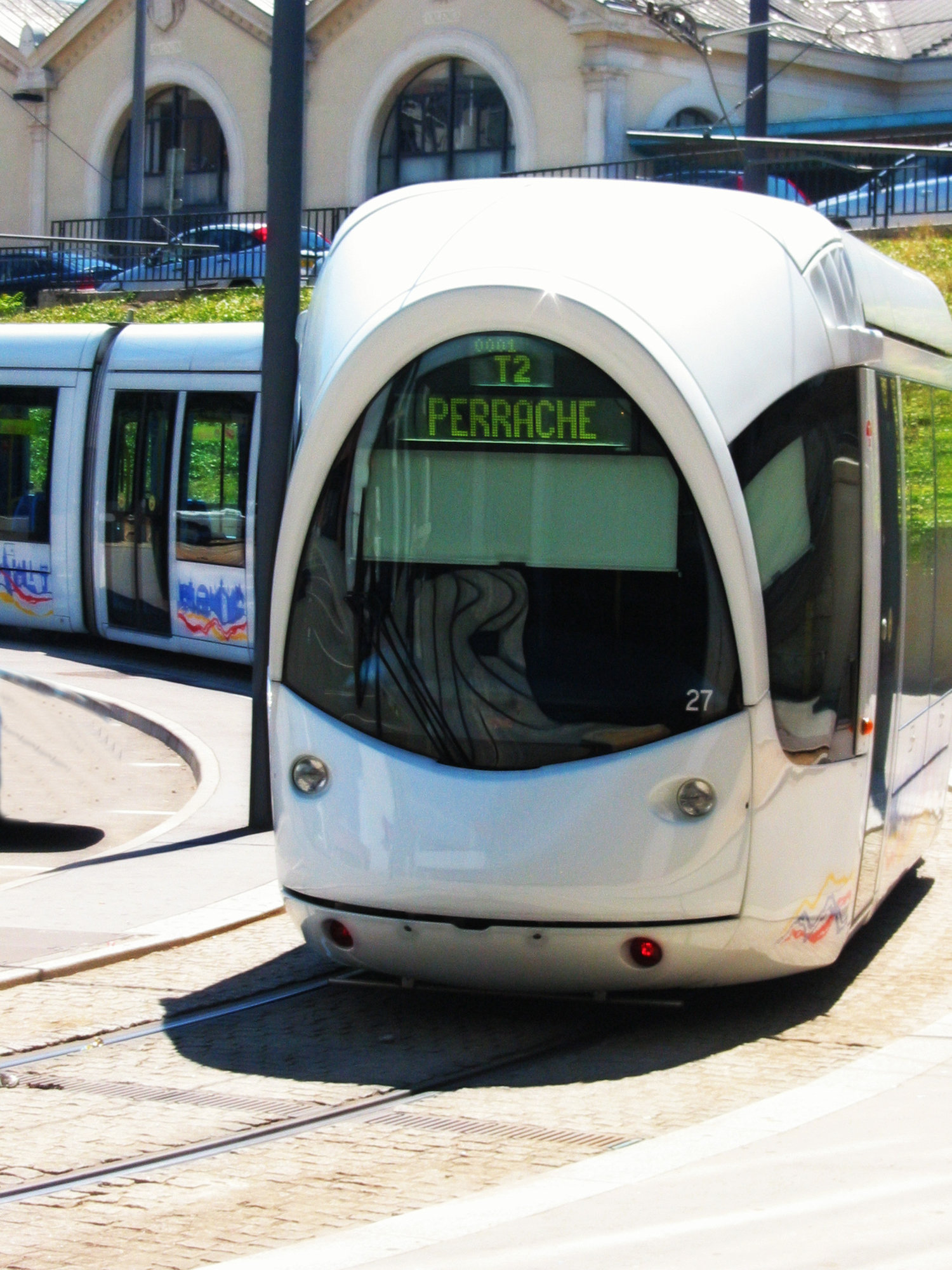
Many people in Europe rely on public transportation to get to work or anywhere. The benefits of this include a reduction in pollution and commuters walk more than they would if they were driving.
Stop rushing so much.
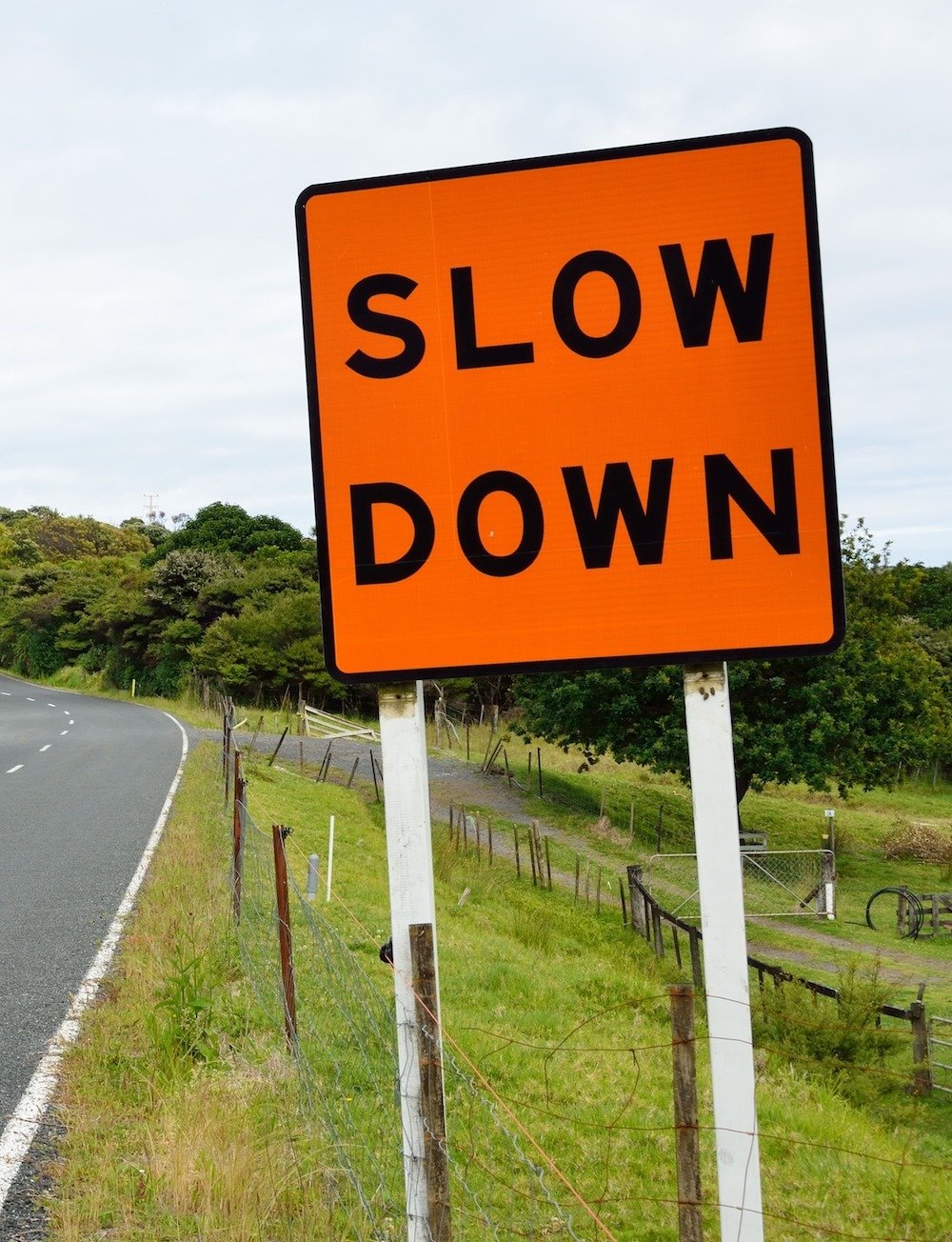
Europeans aren't about being in a hurry. Being in a hurry is stressful and stress is not good for your health. Take a breath and slow down.




